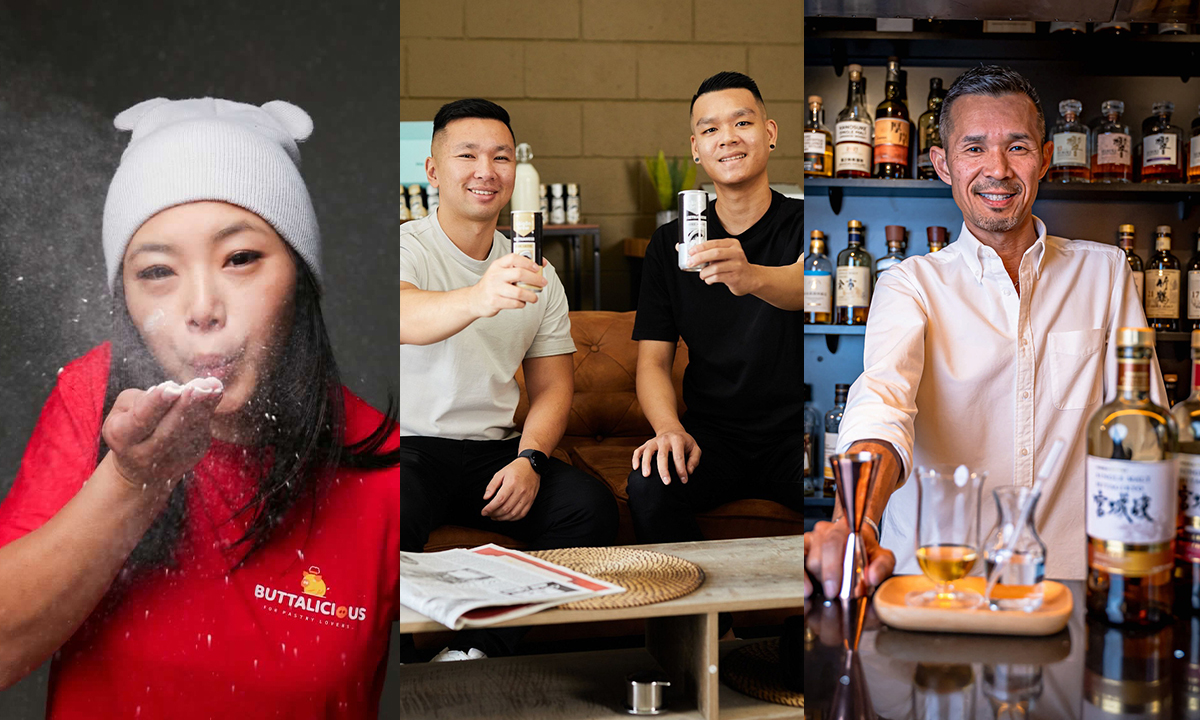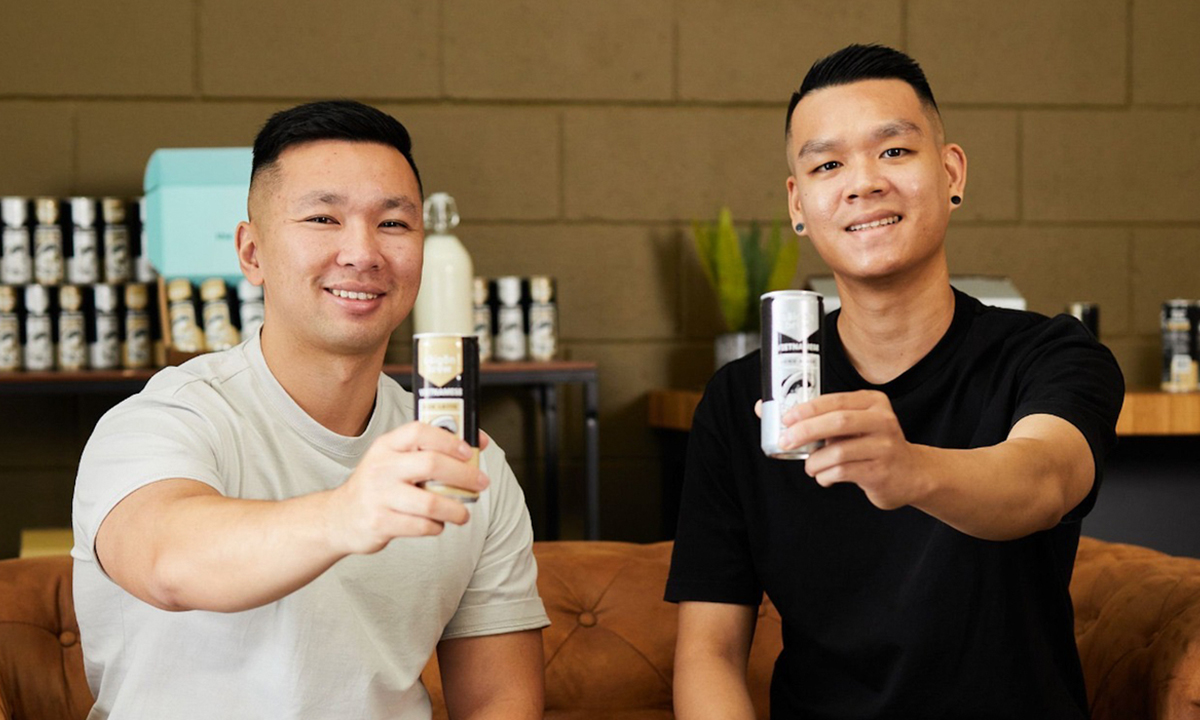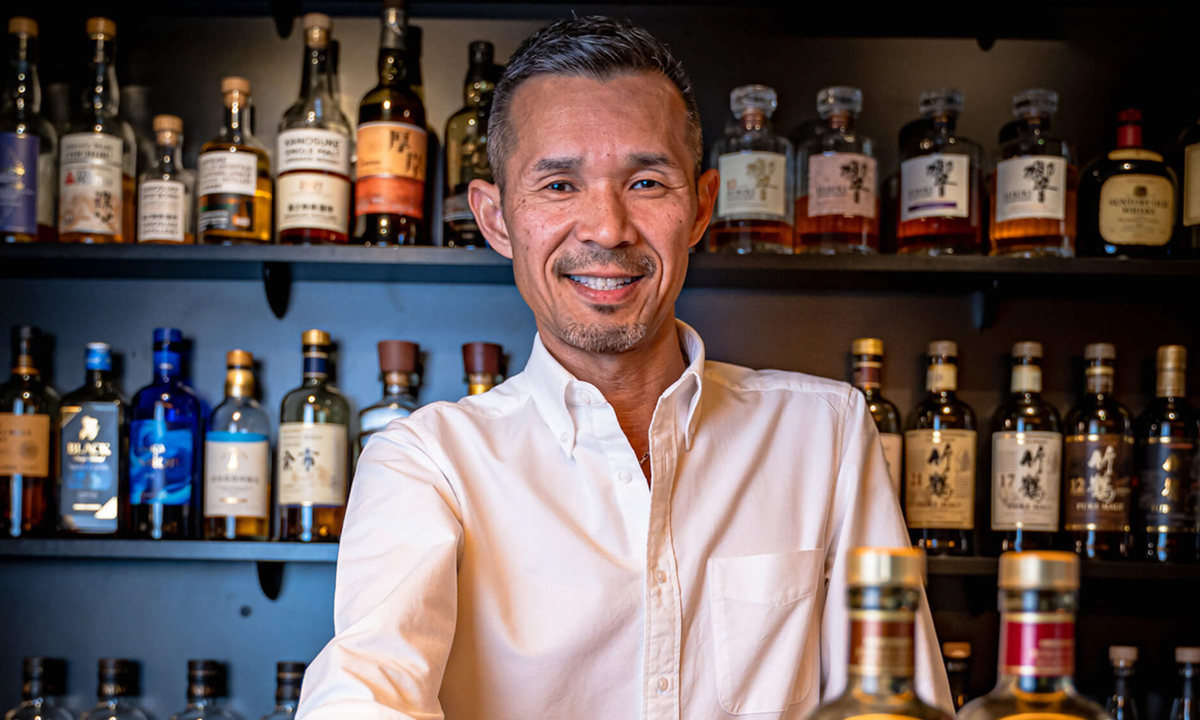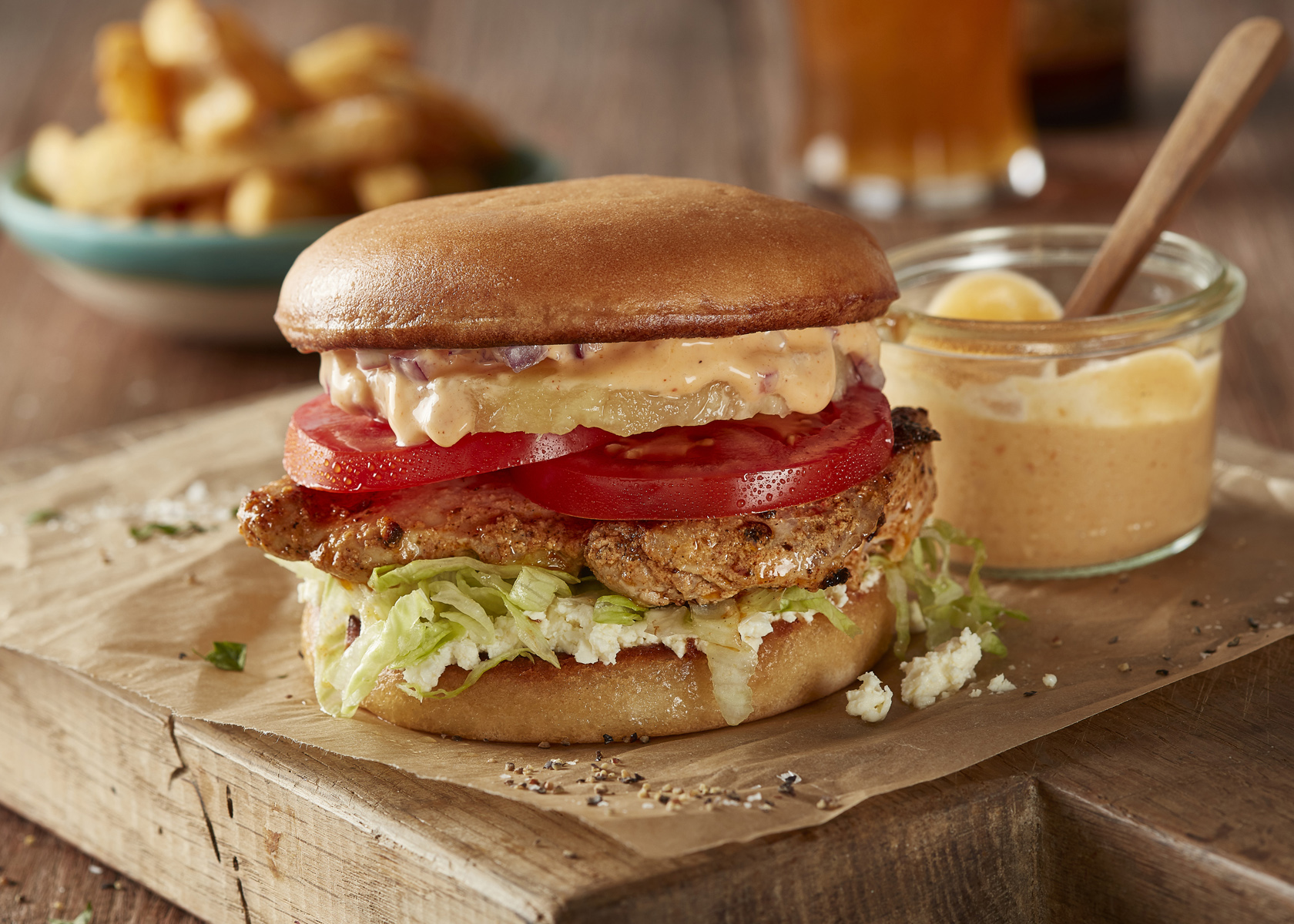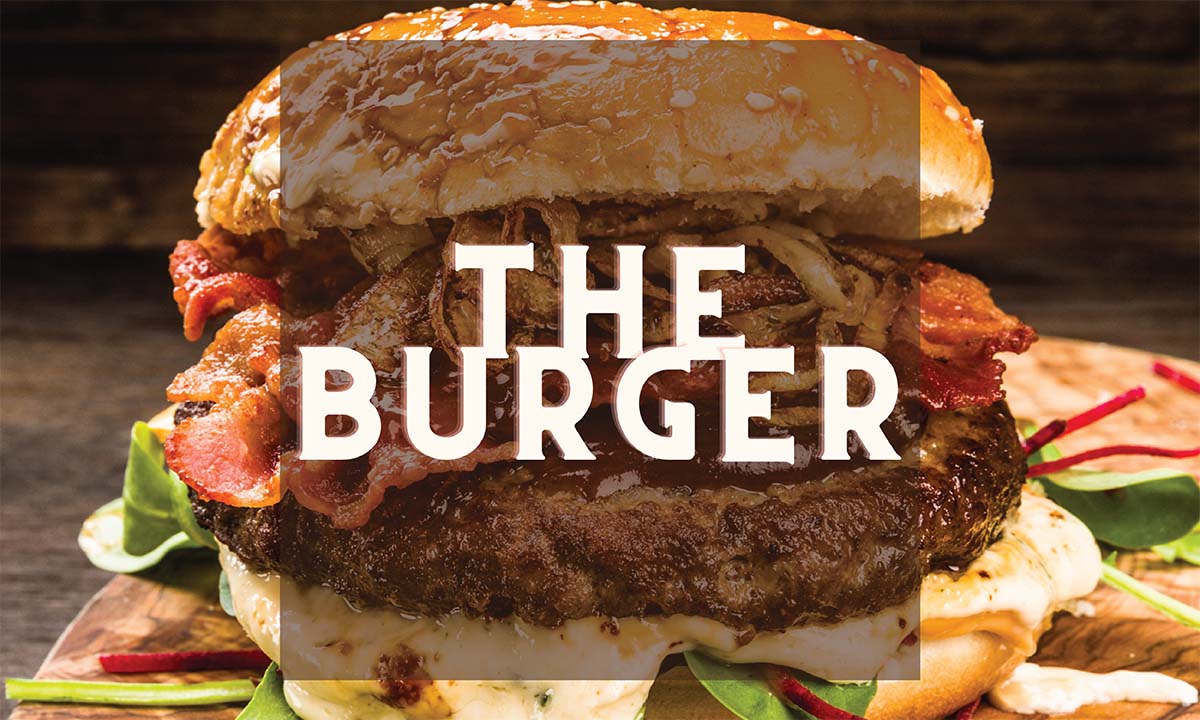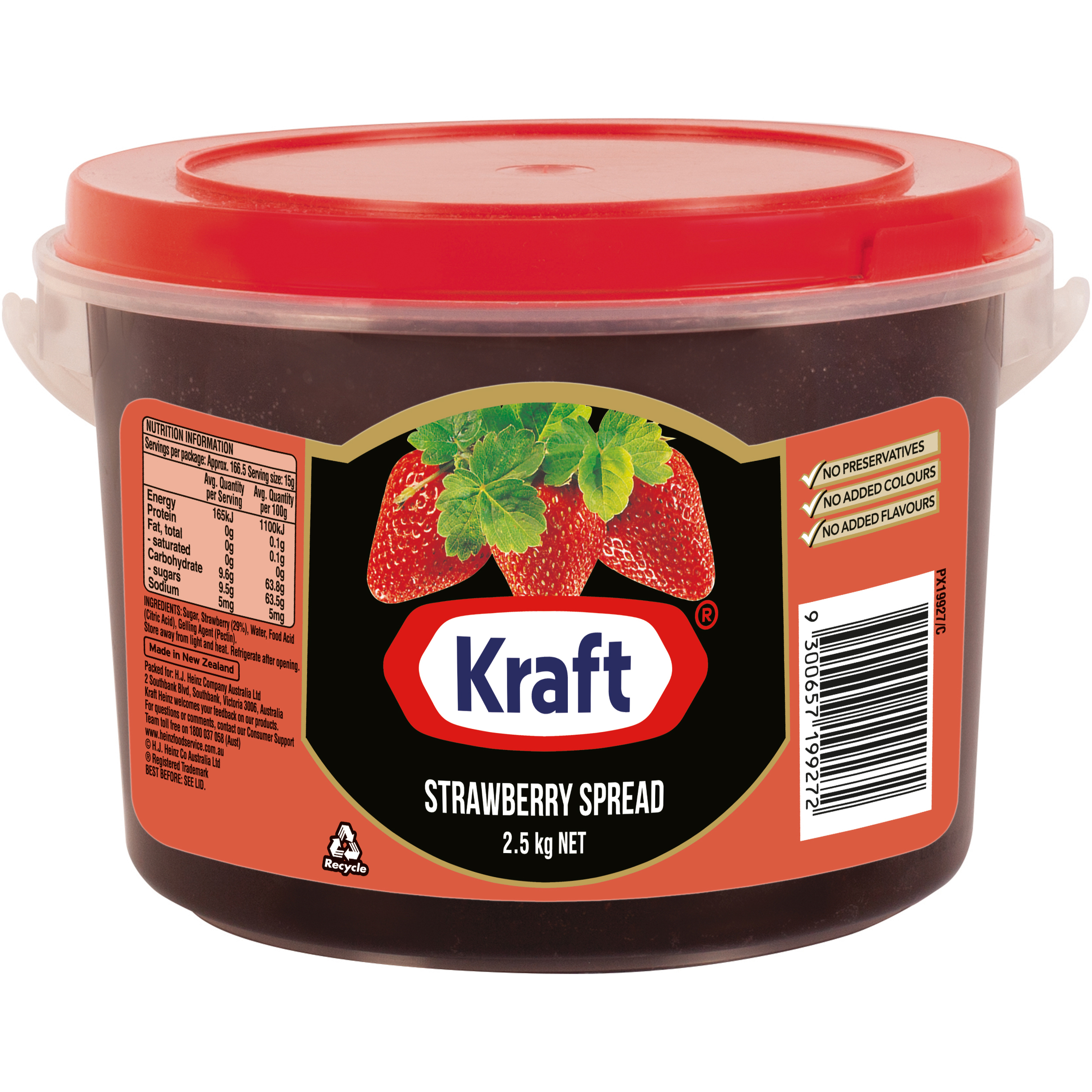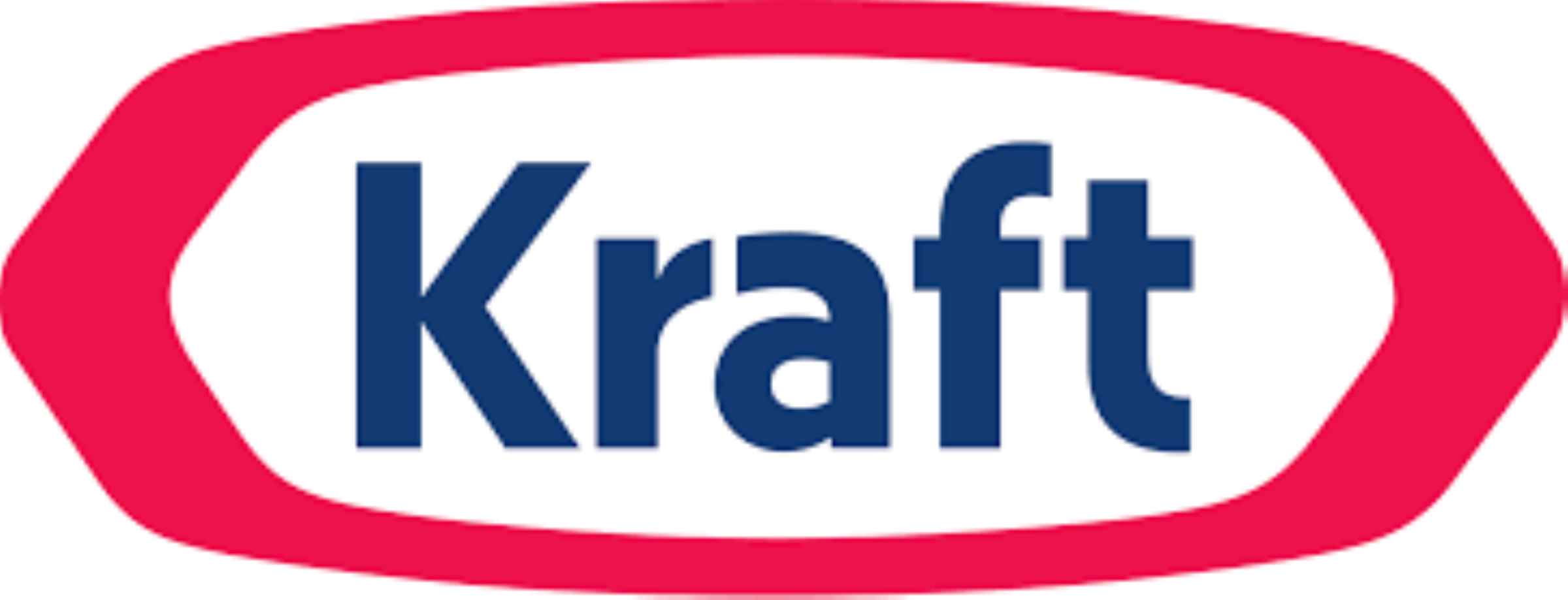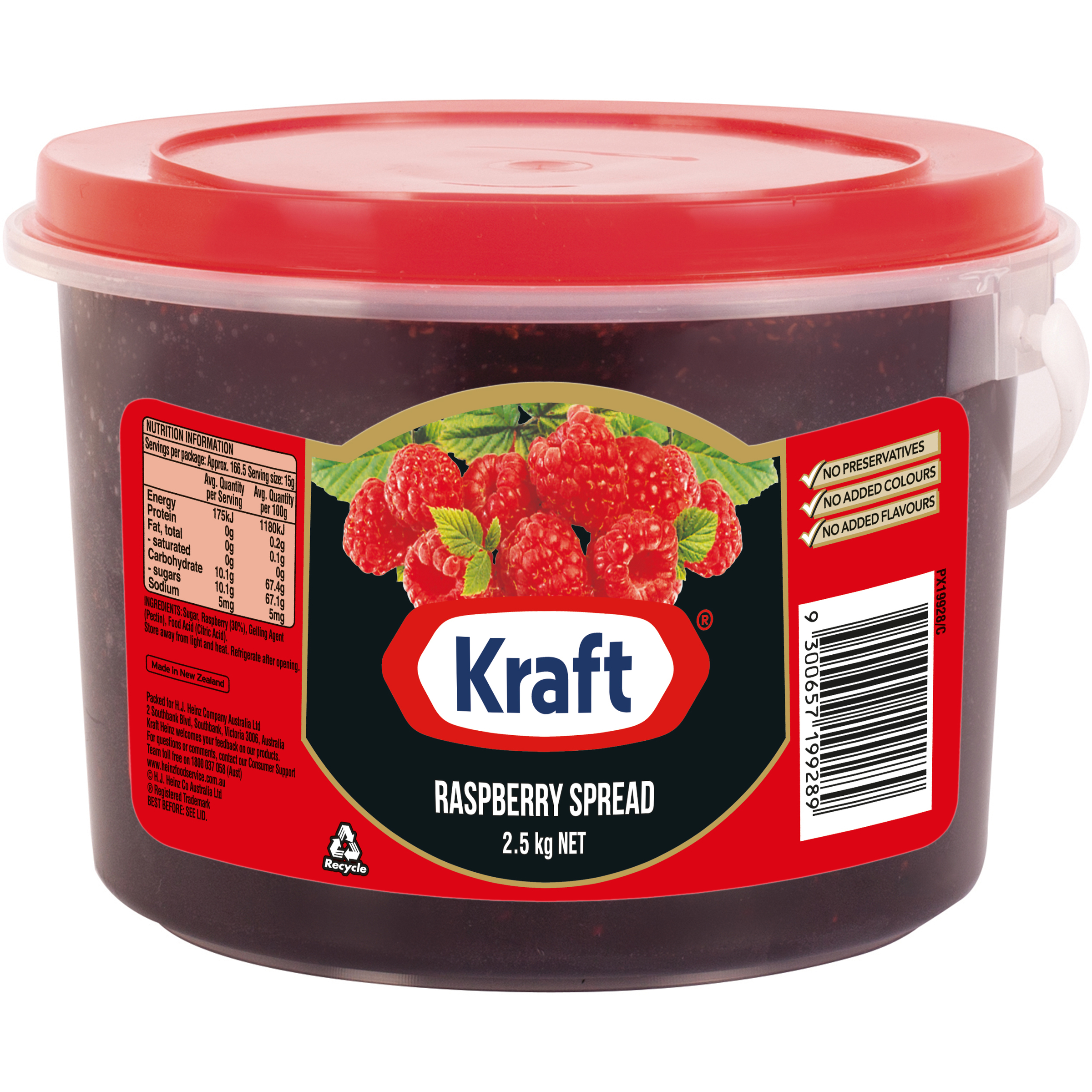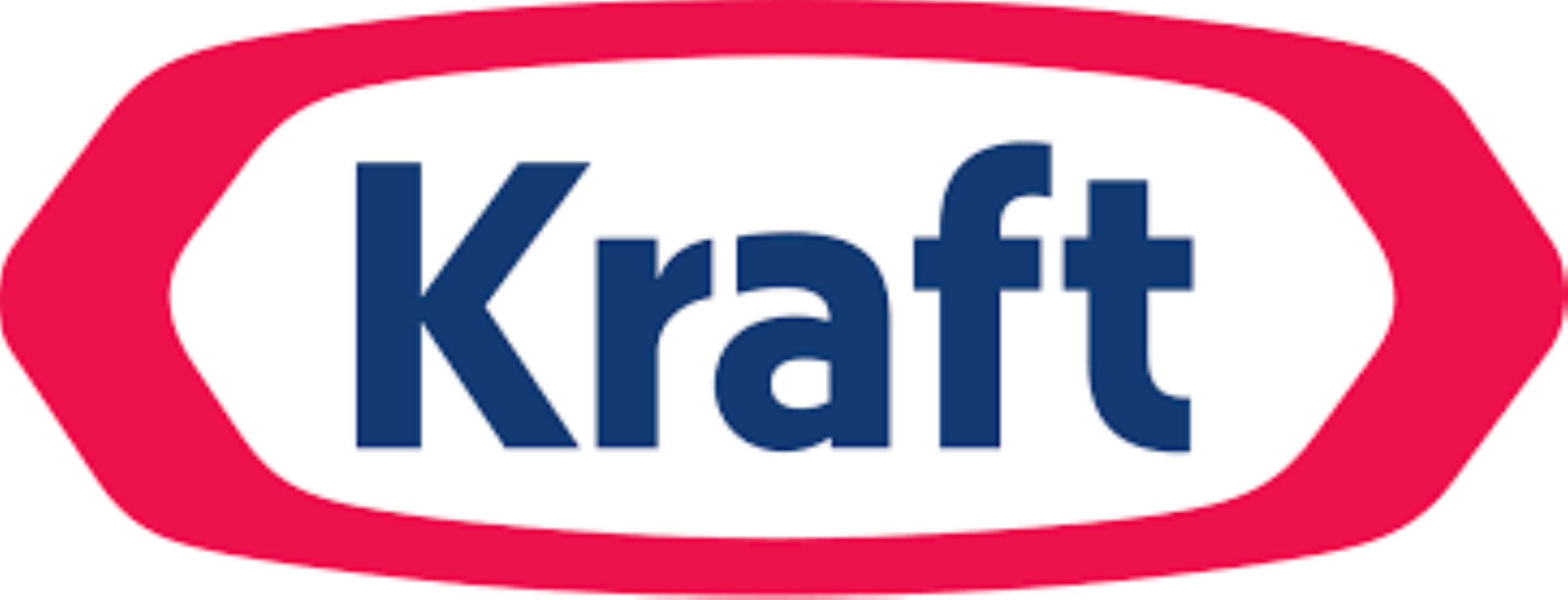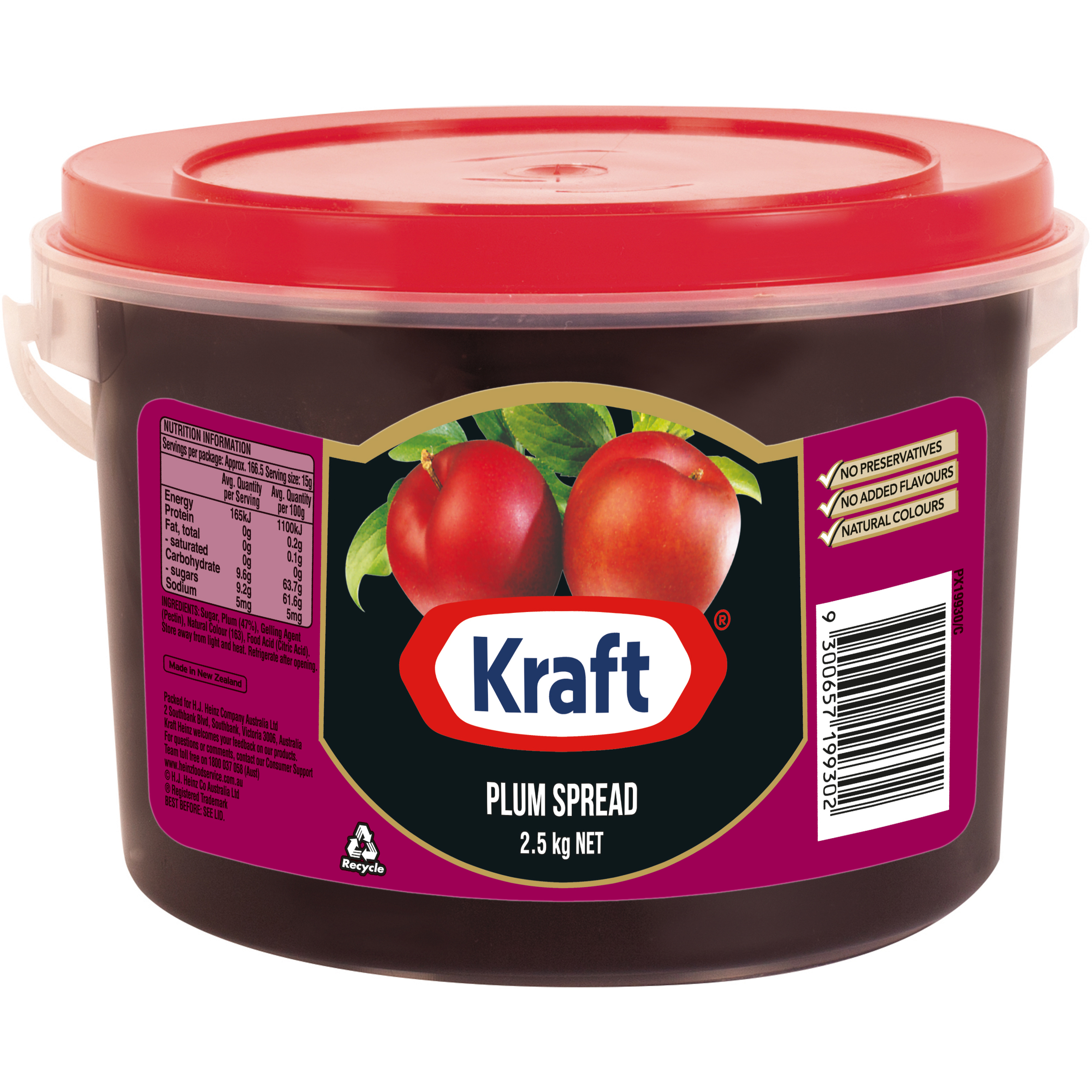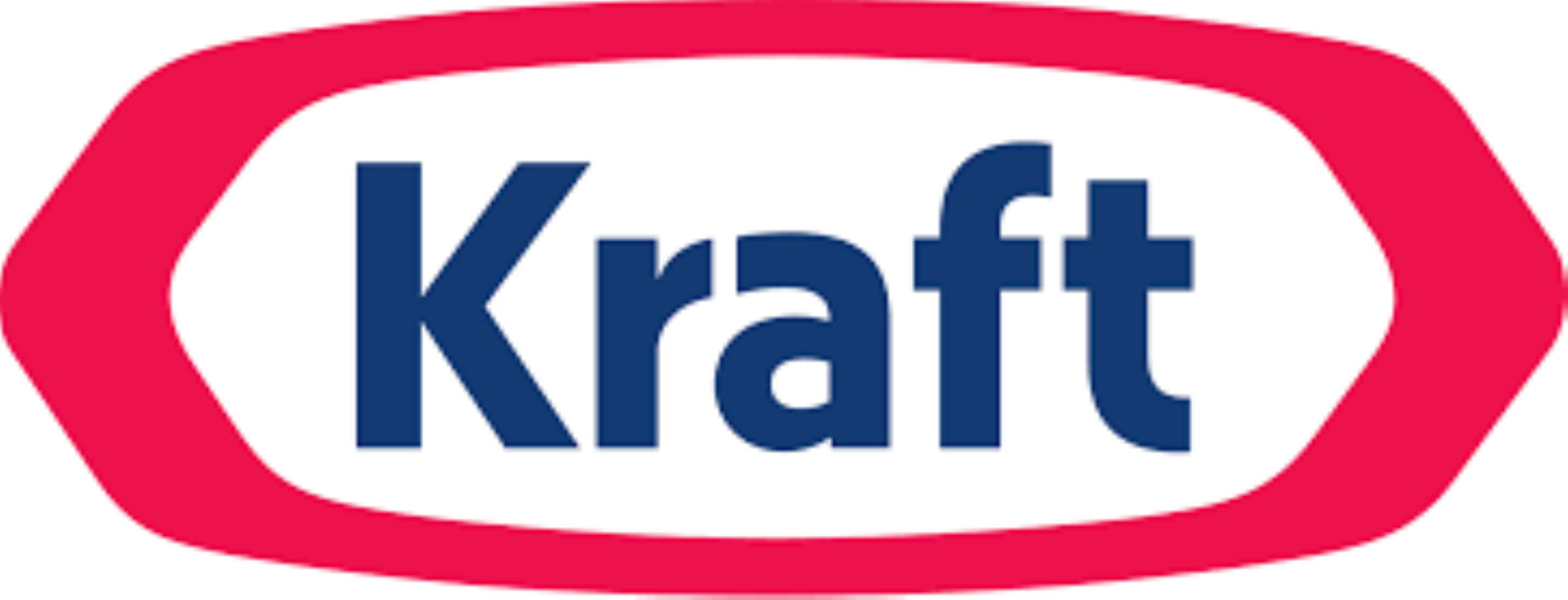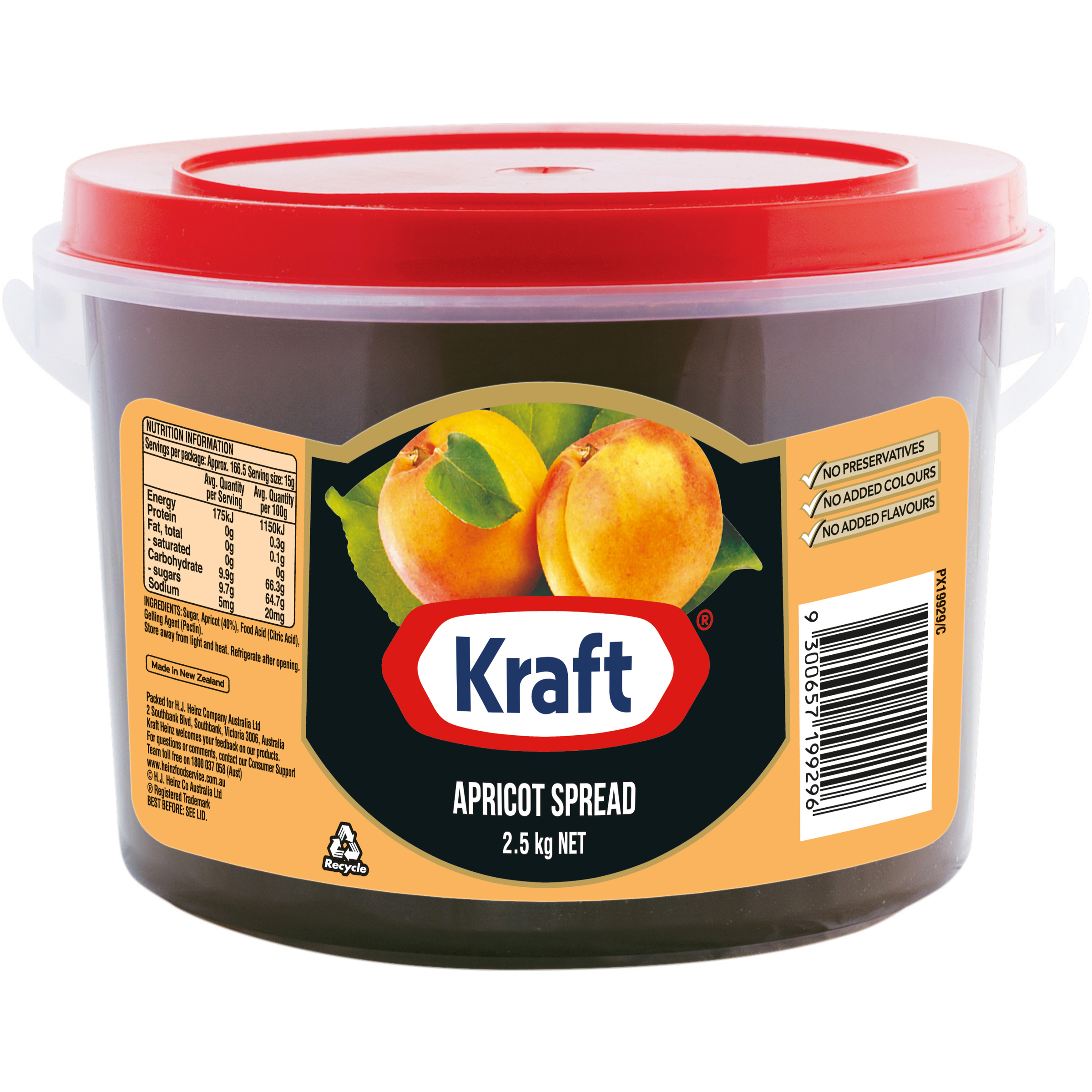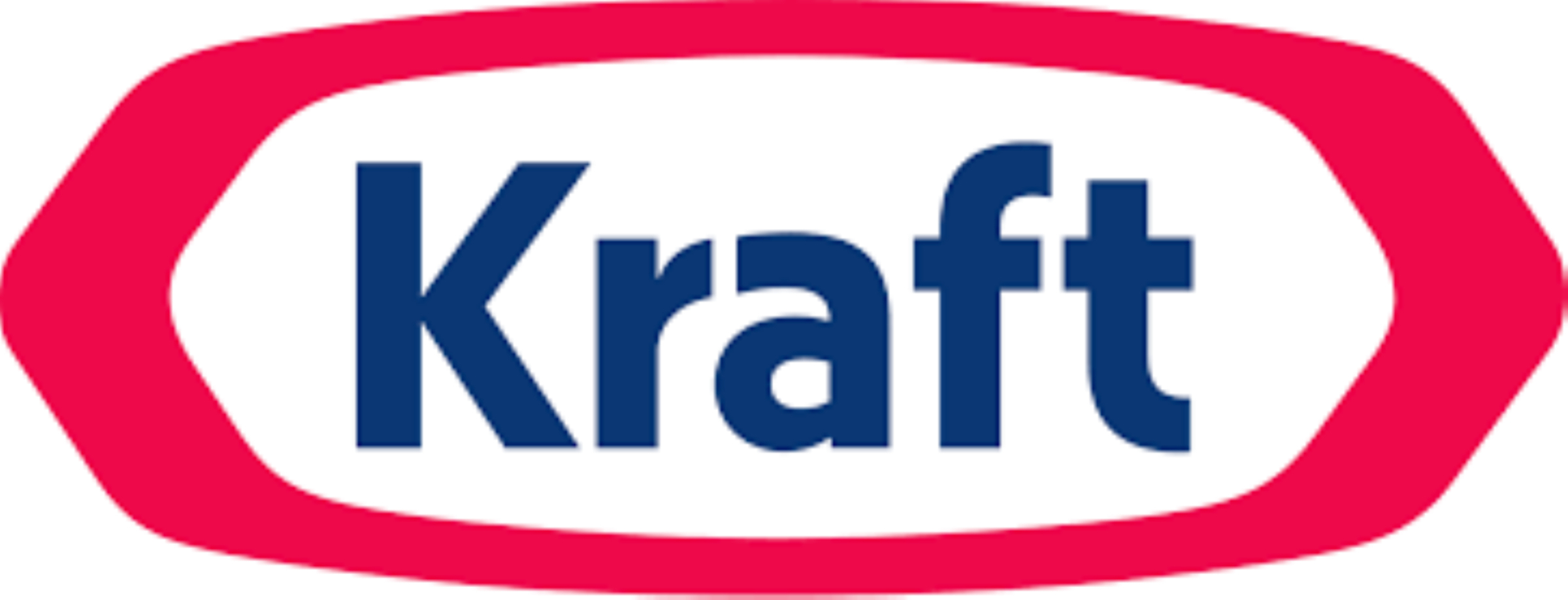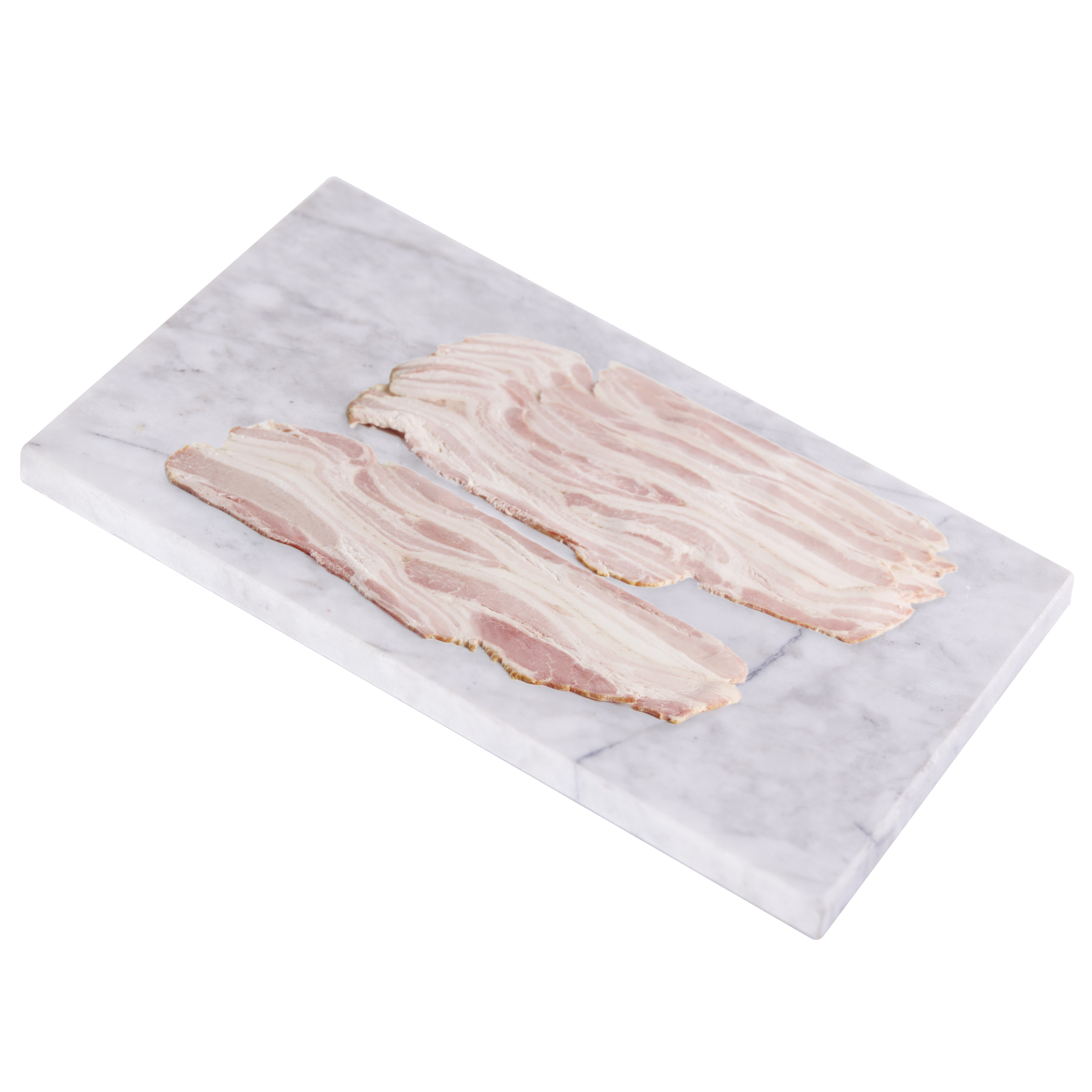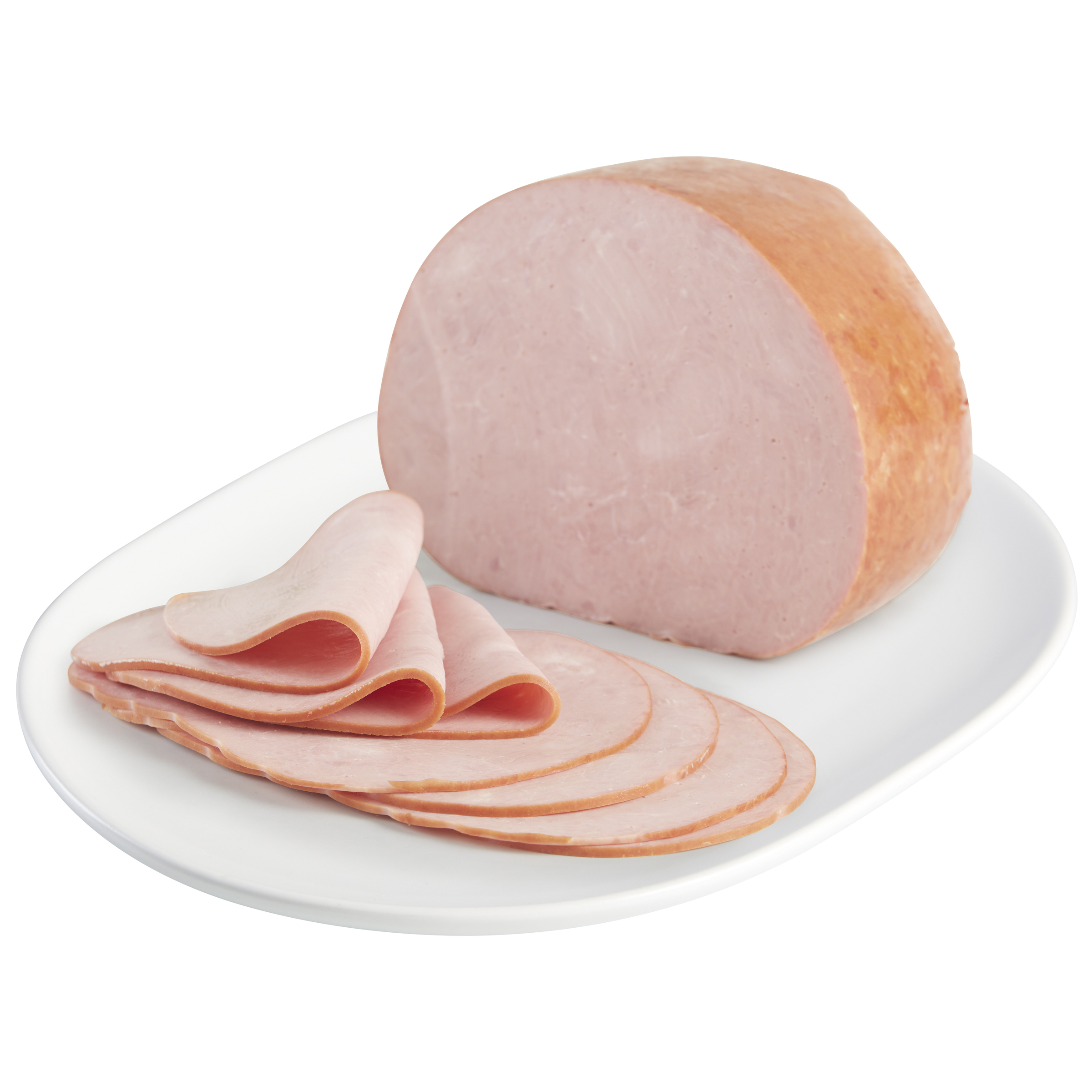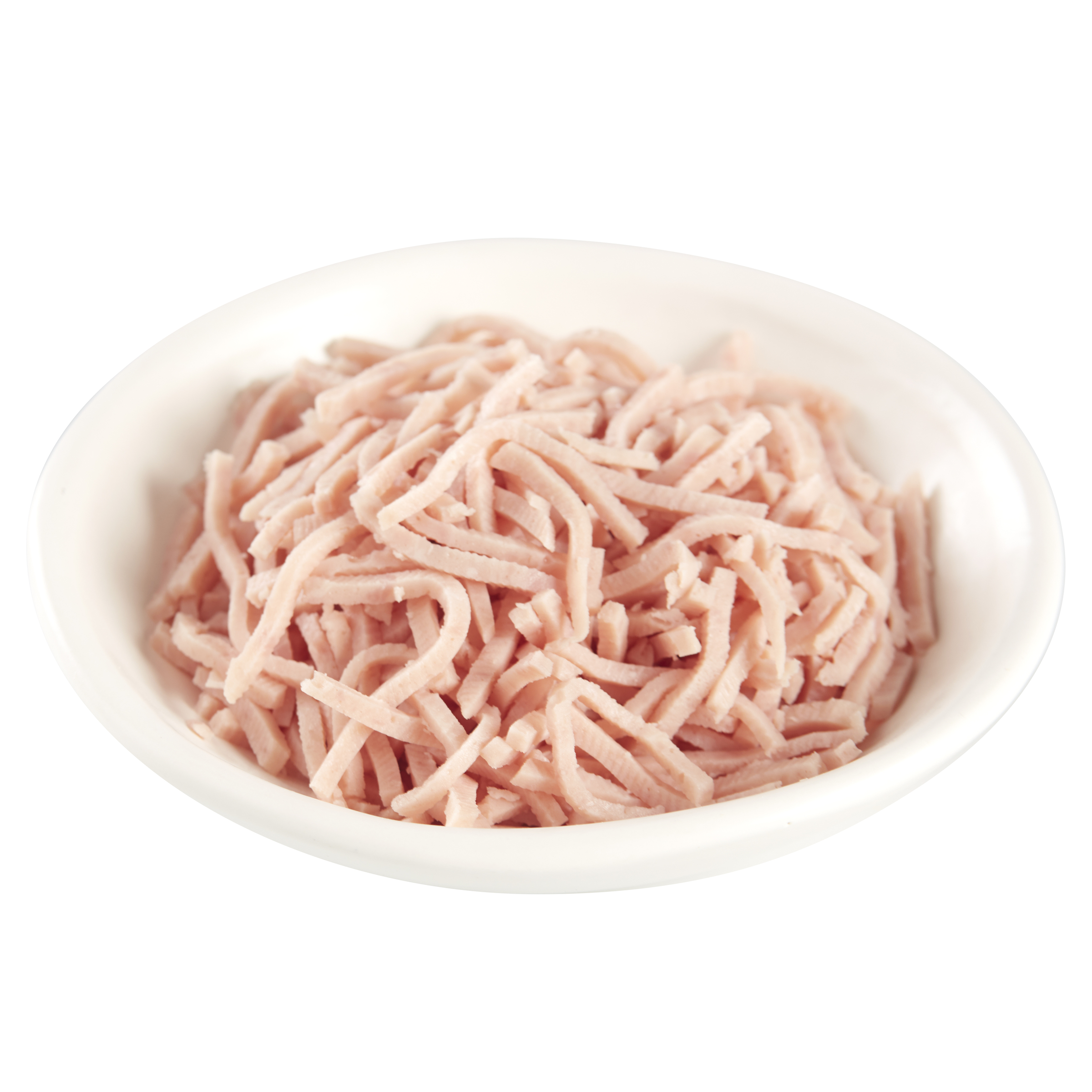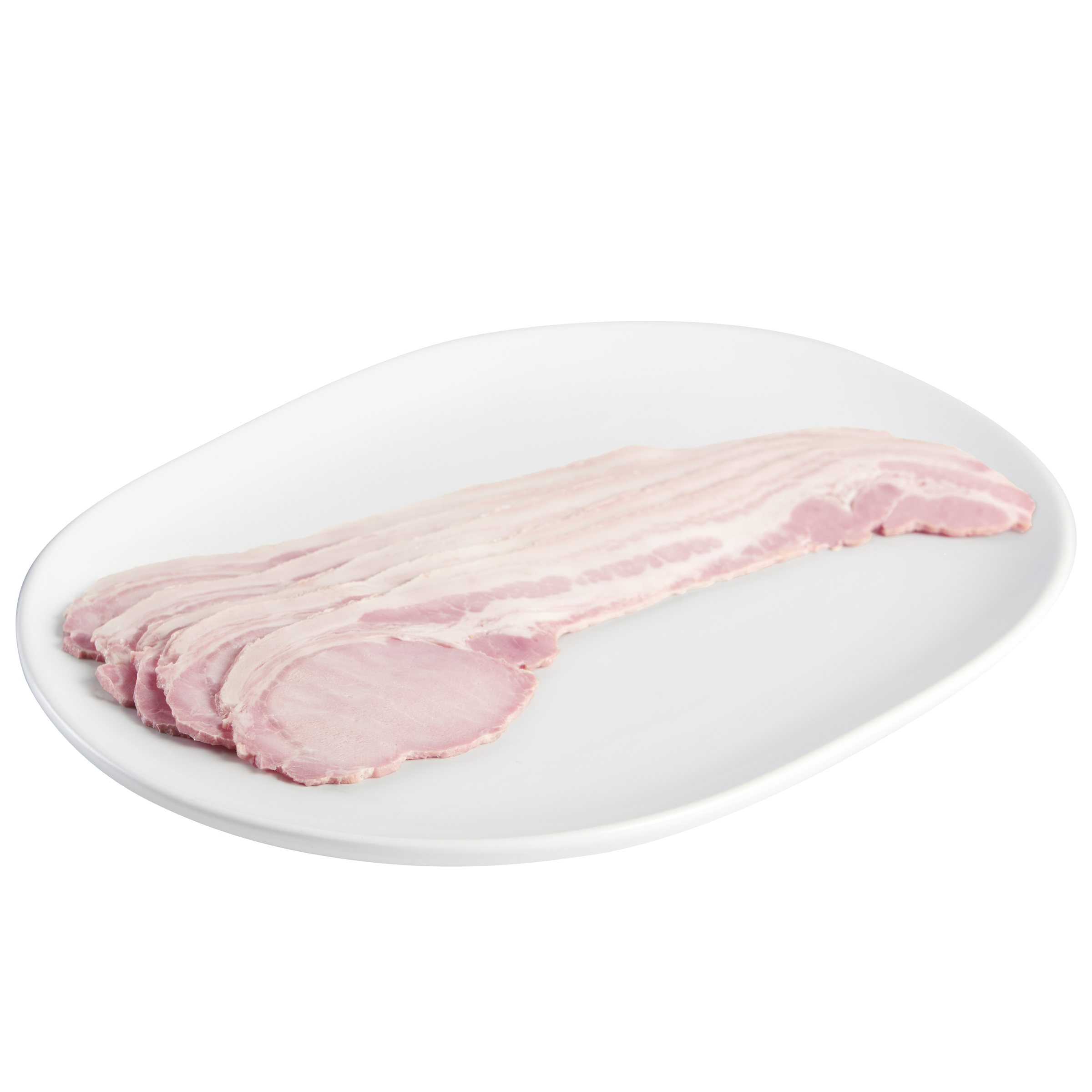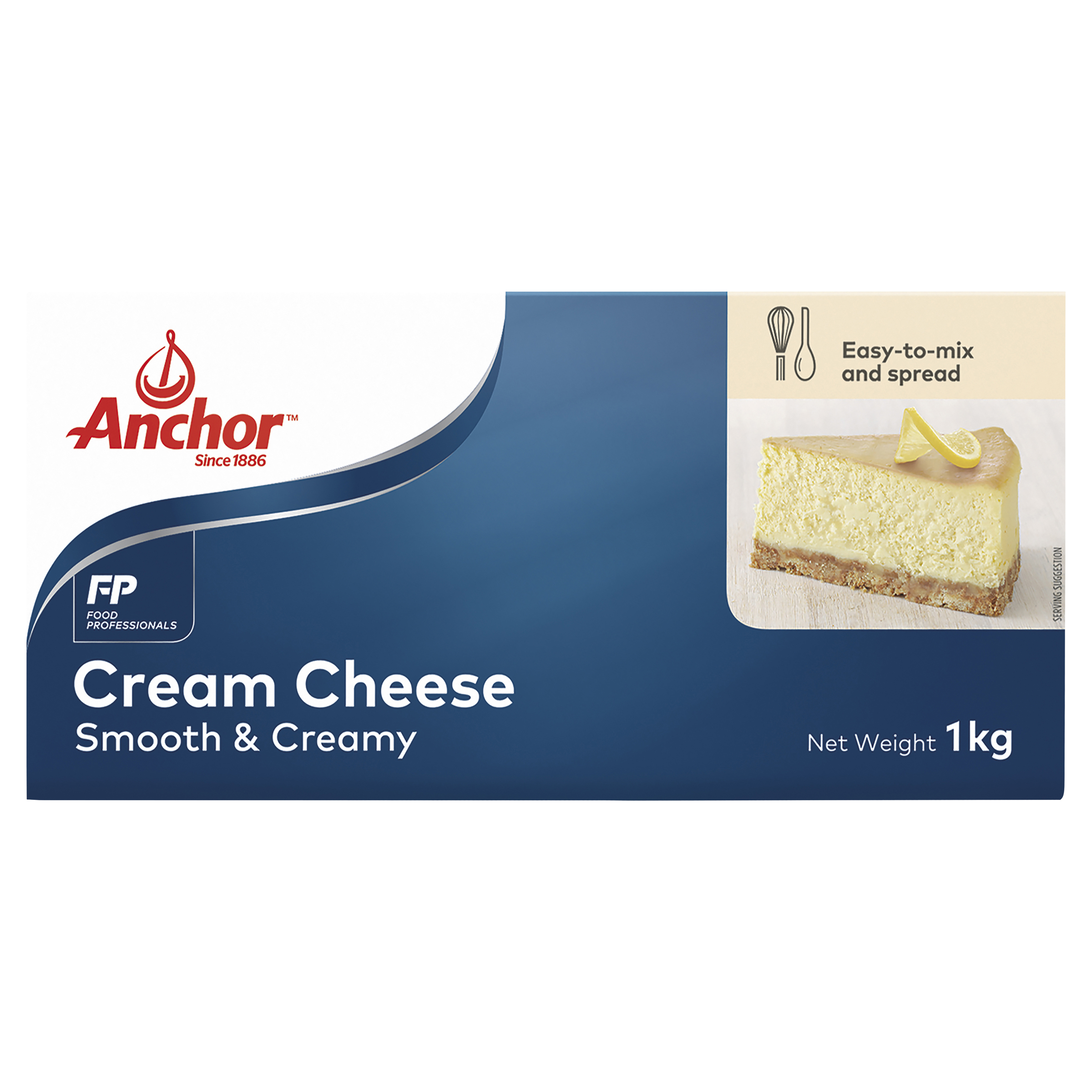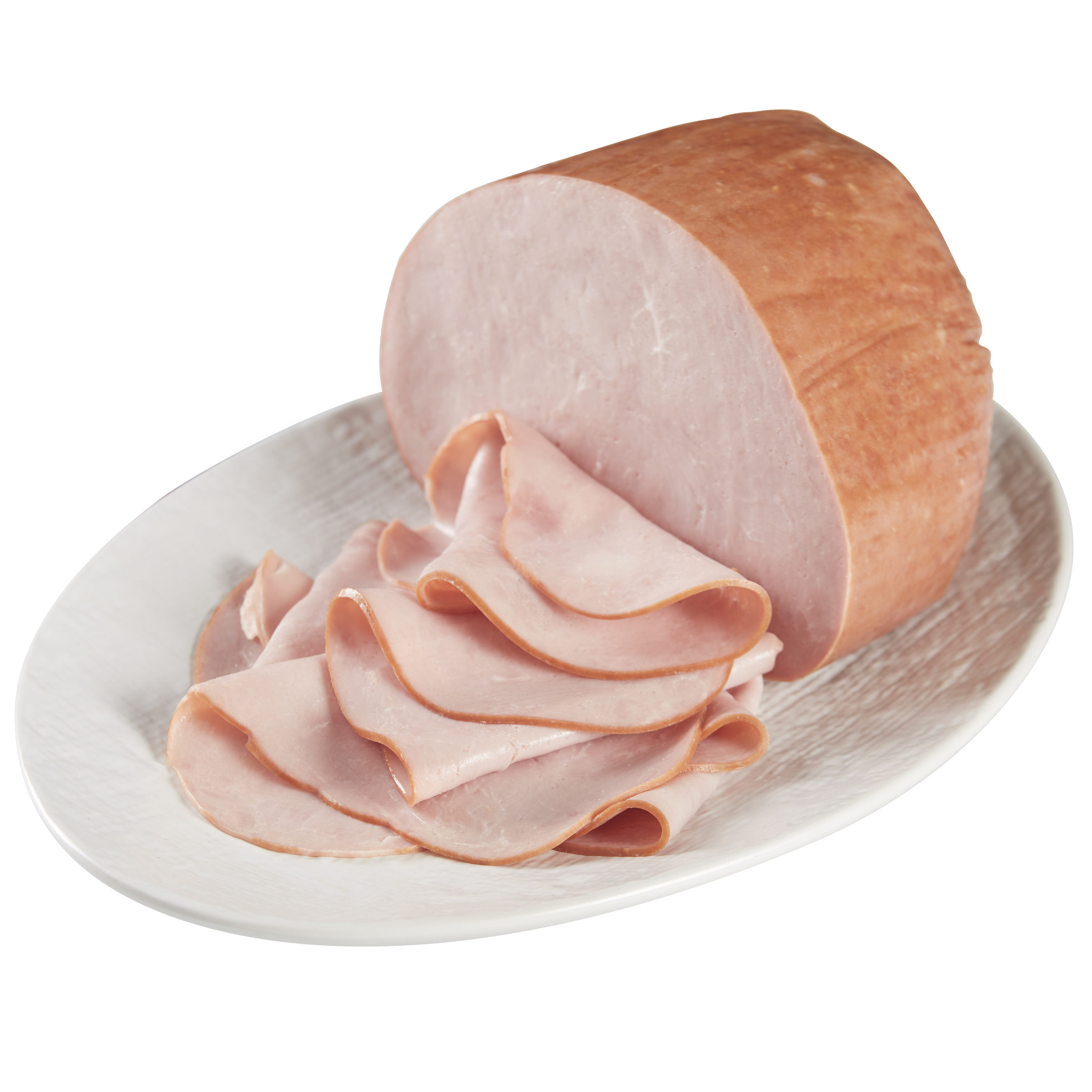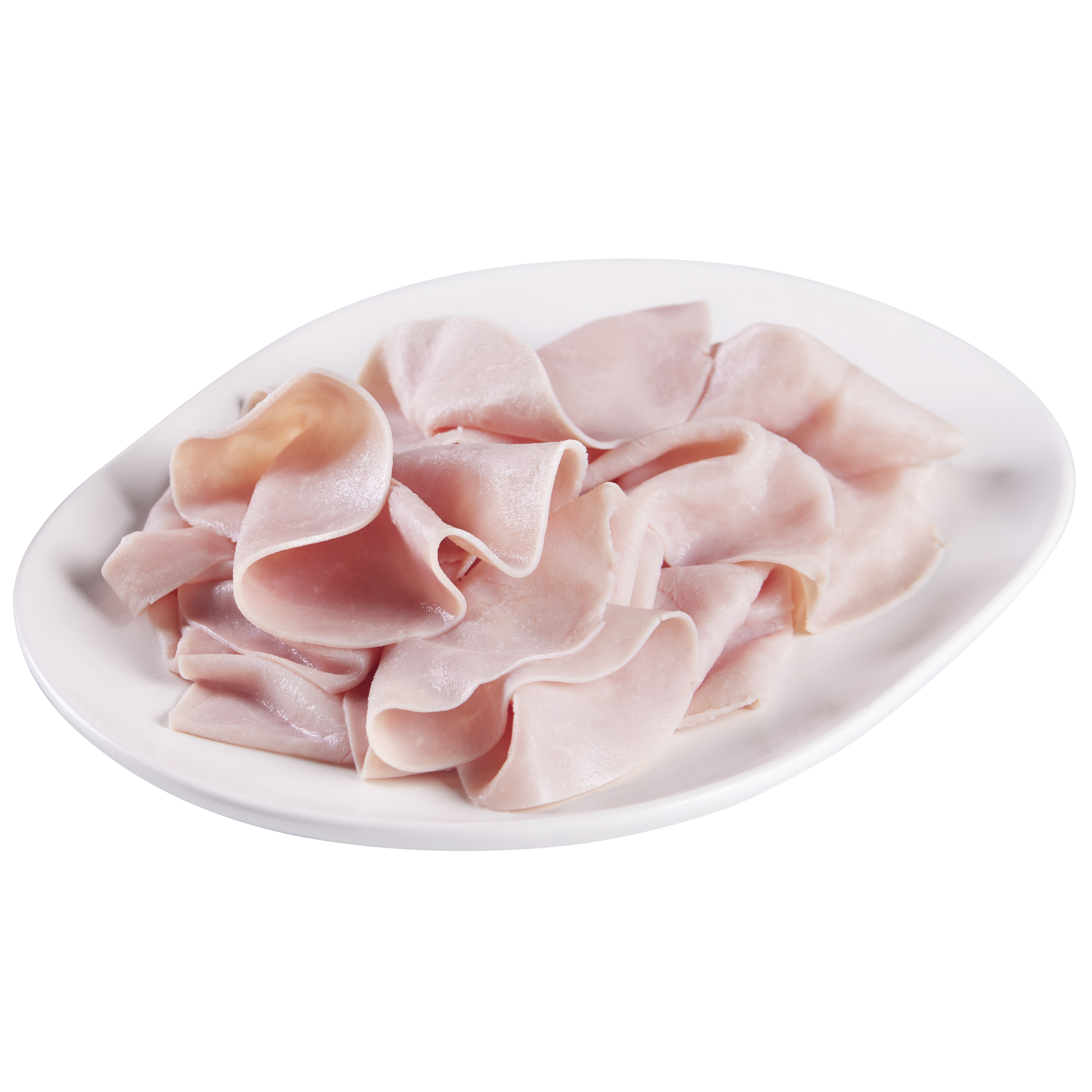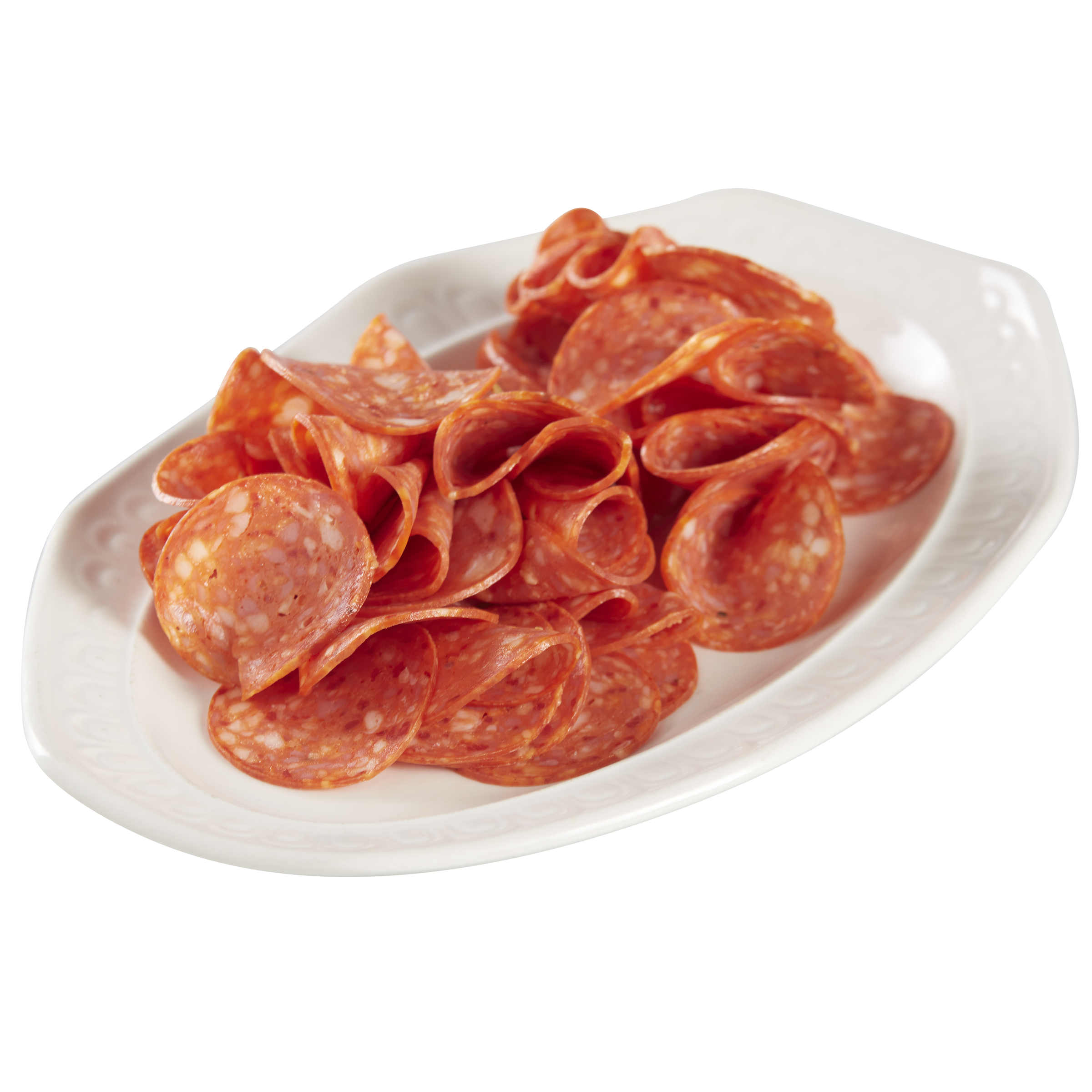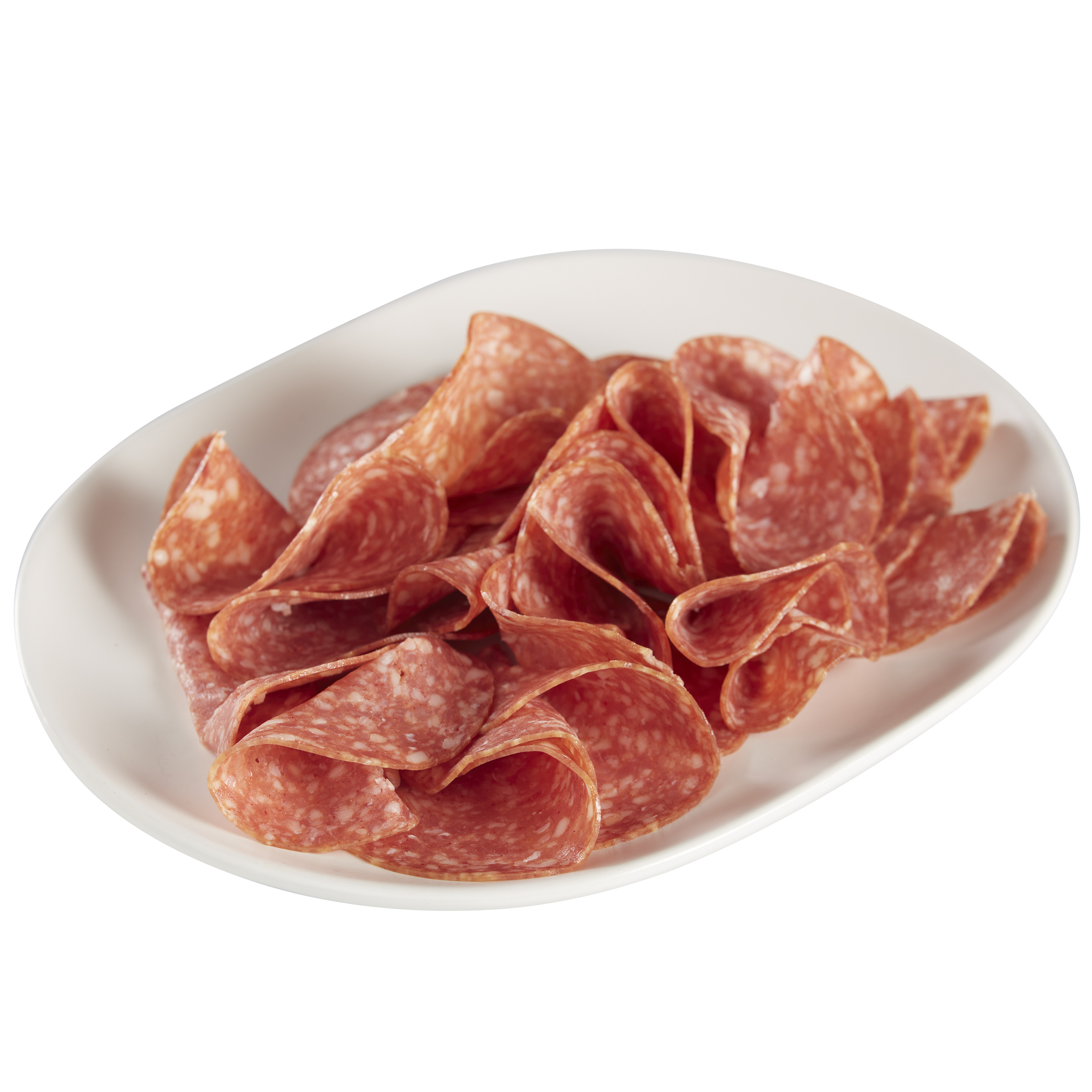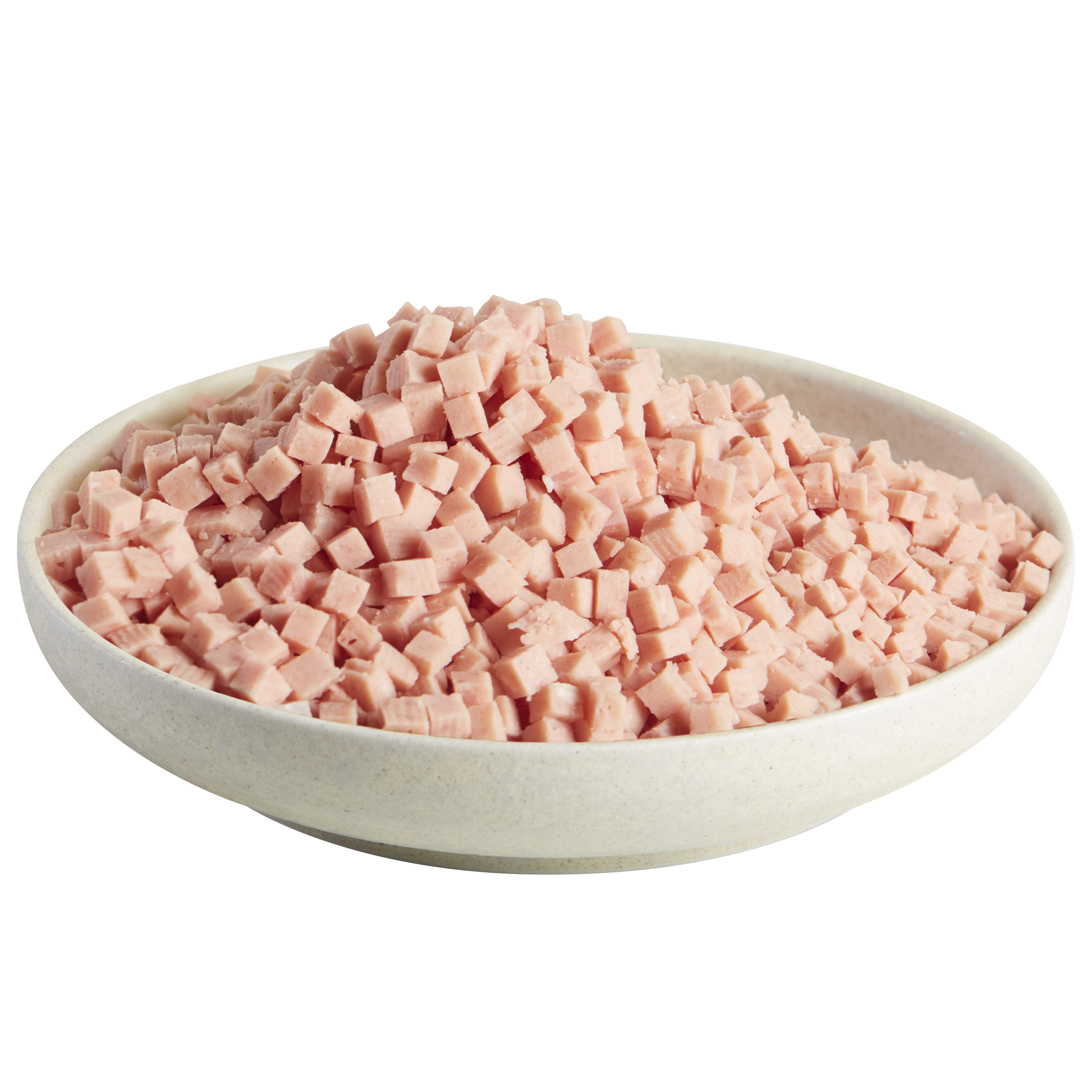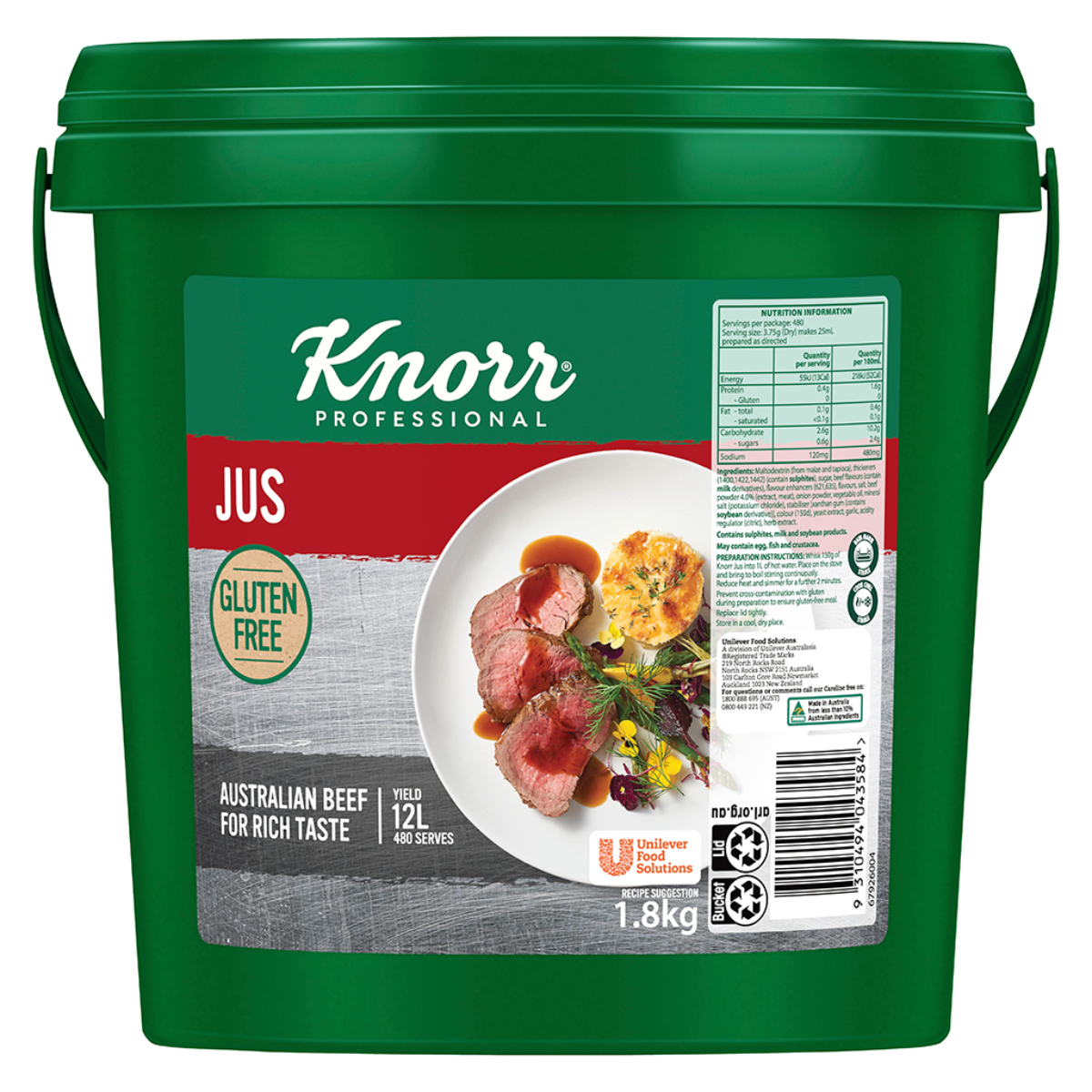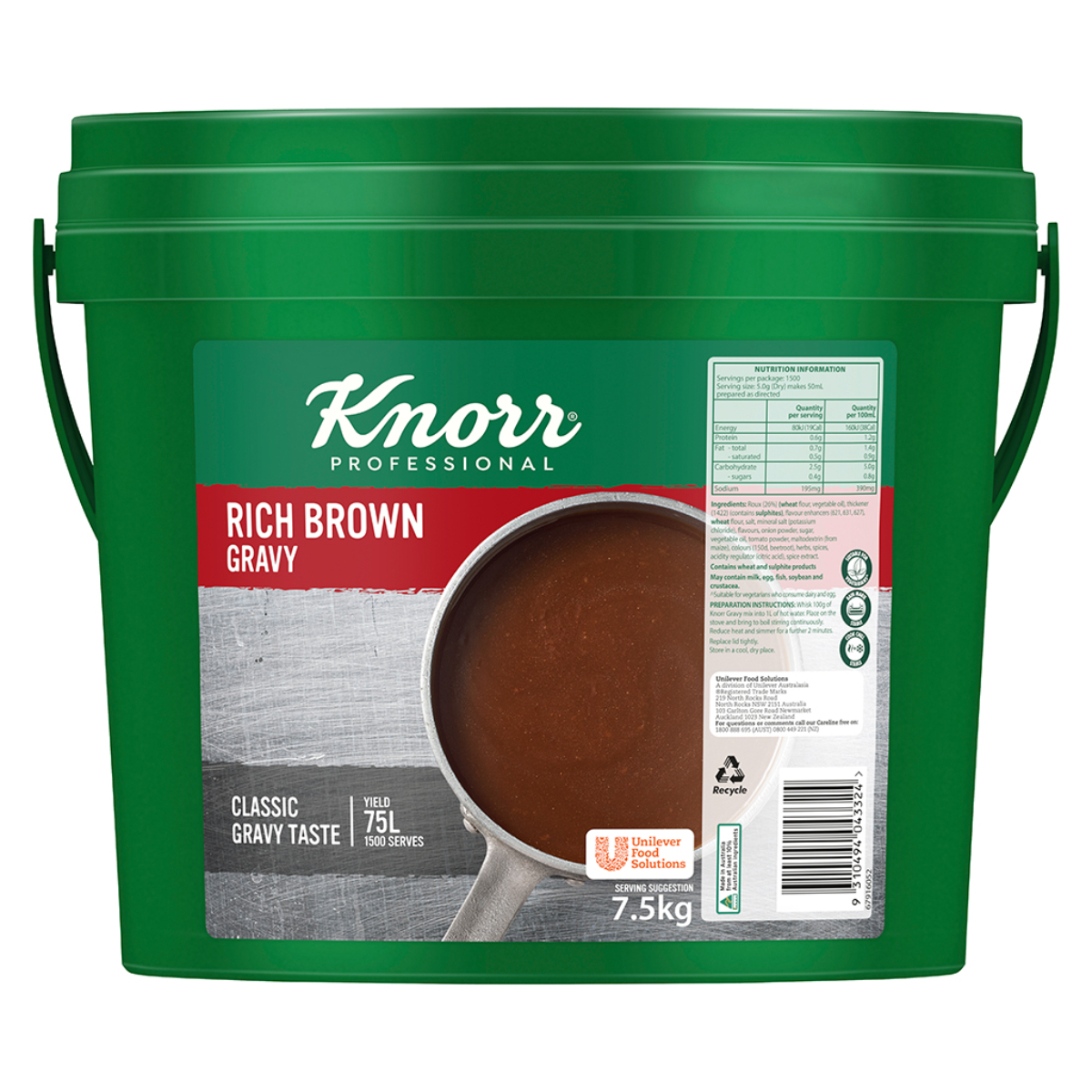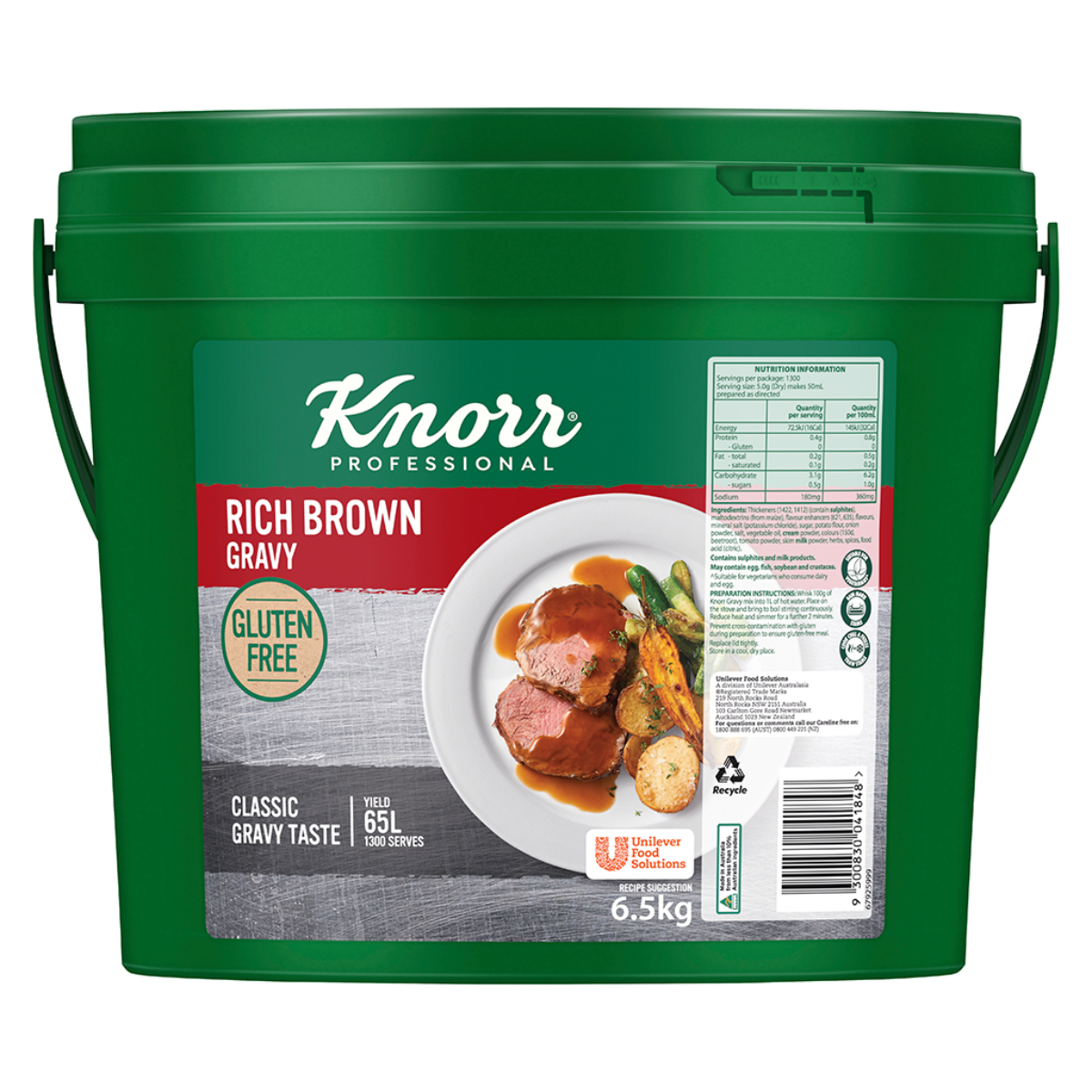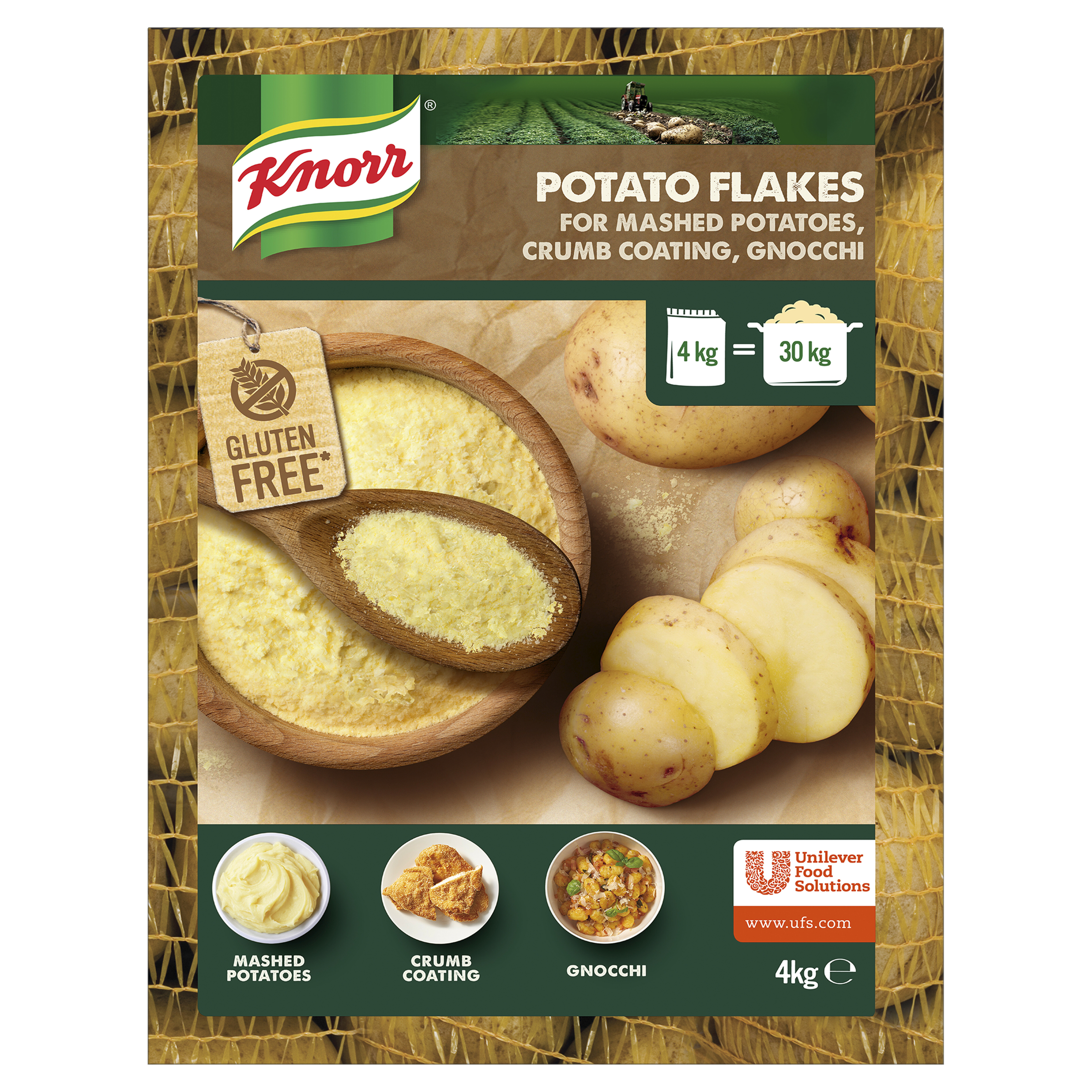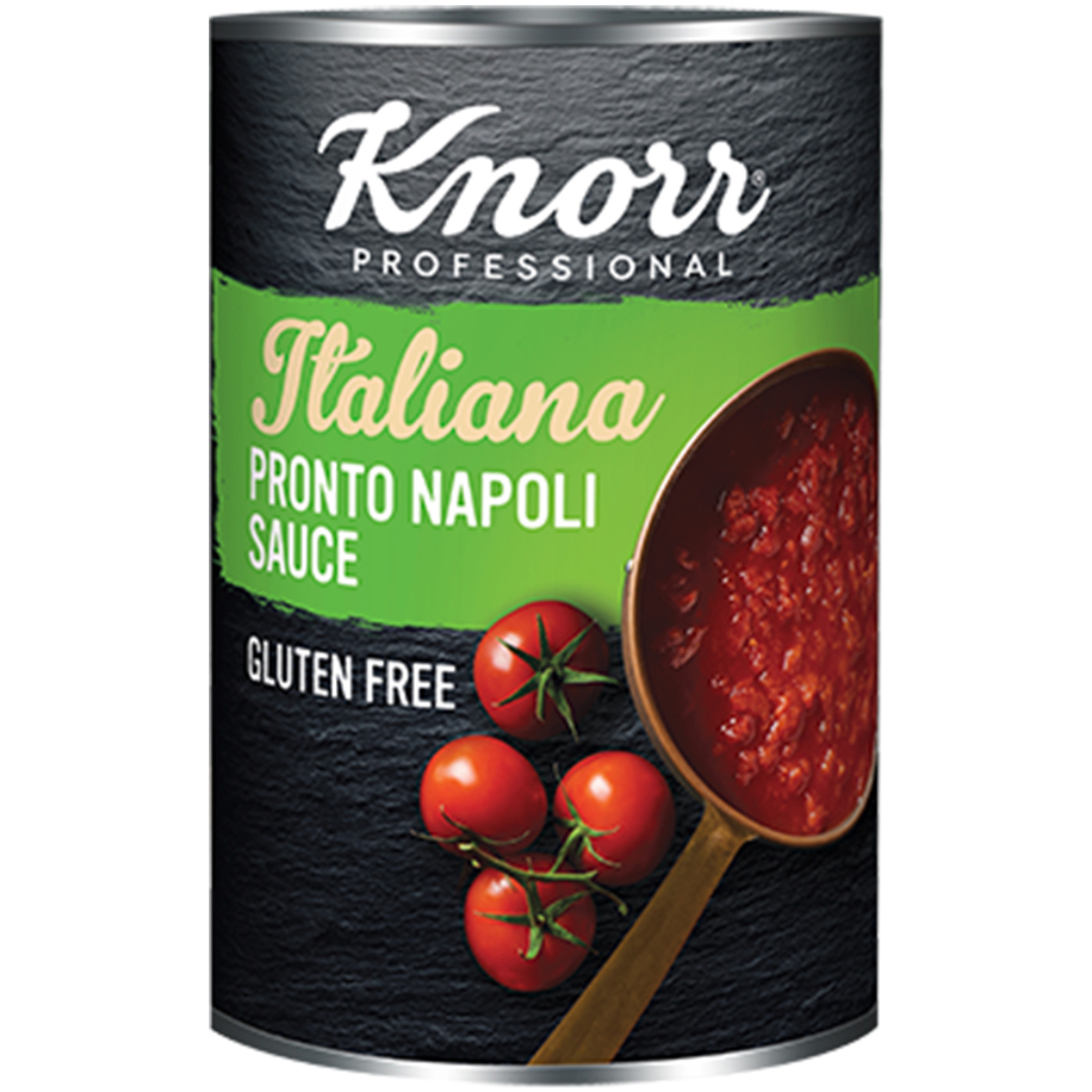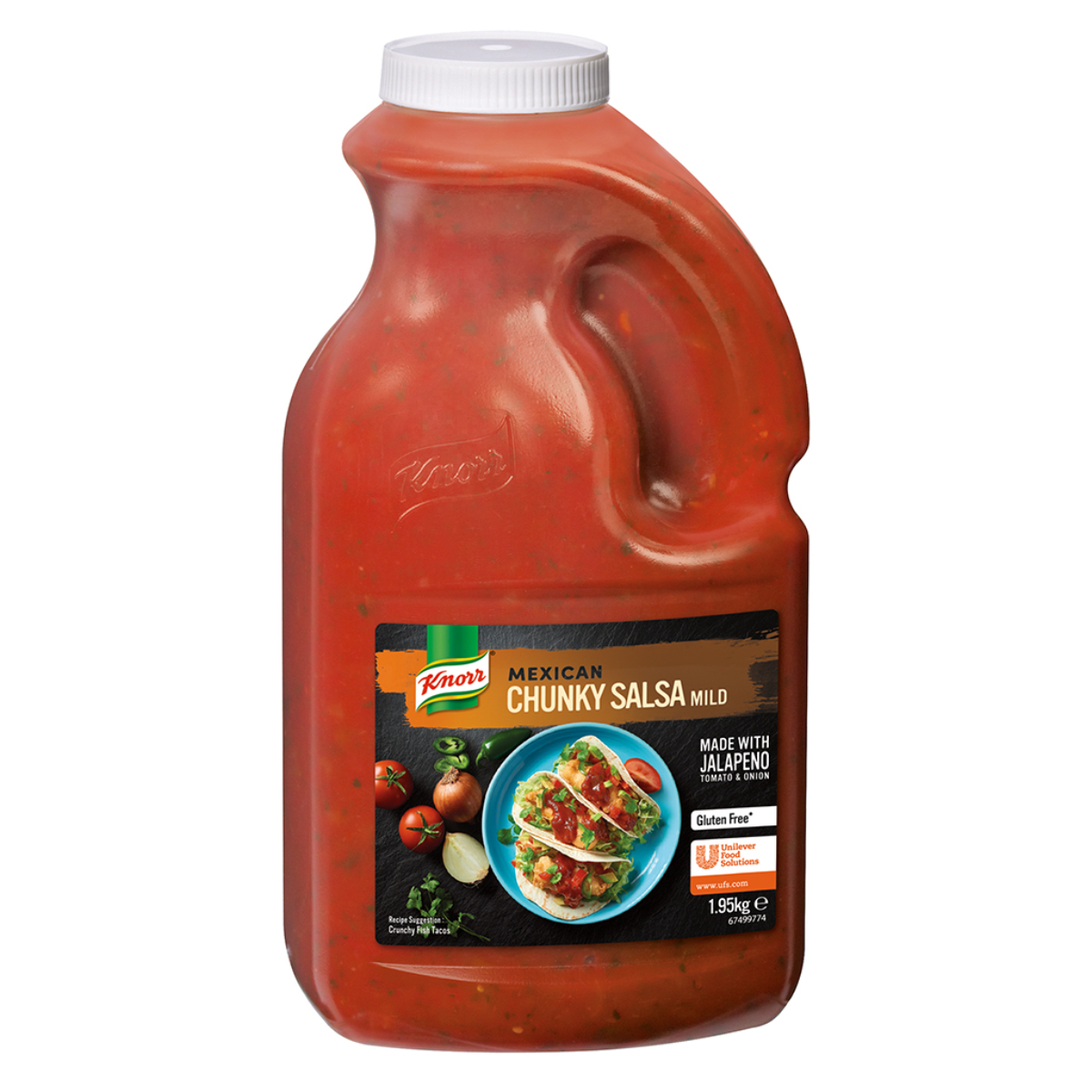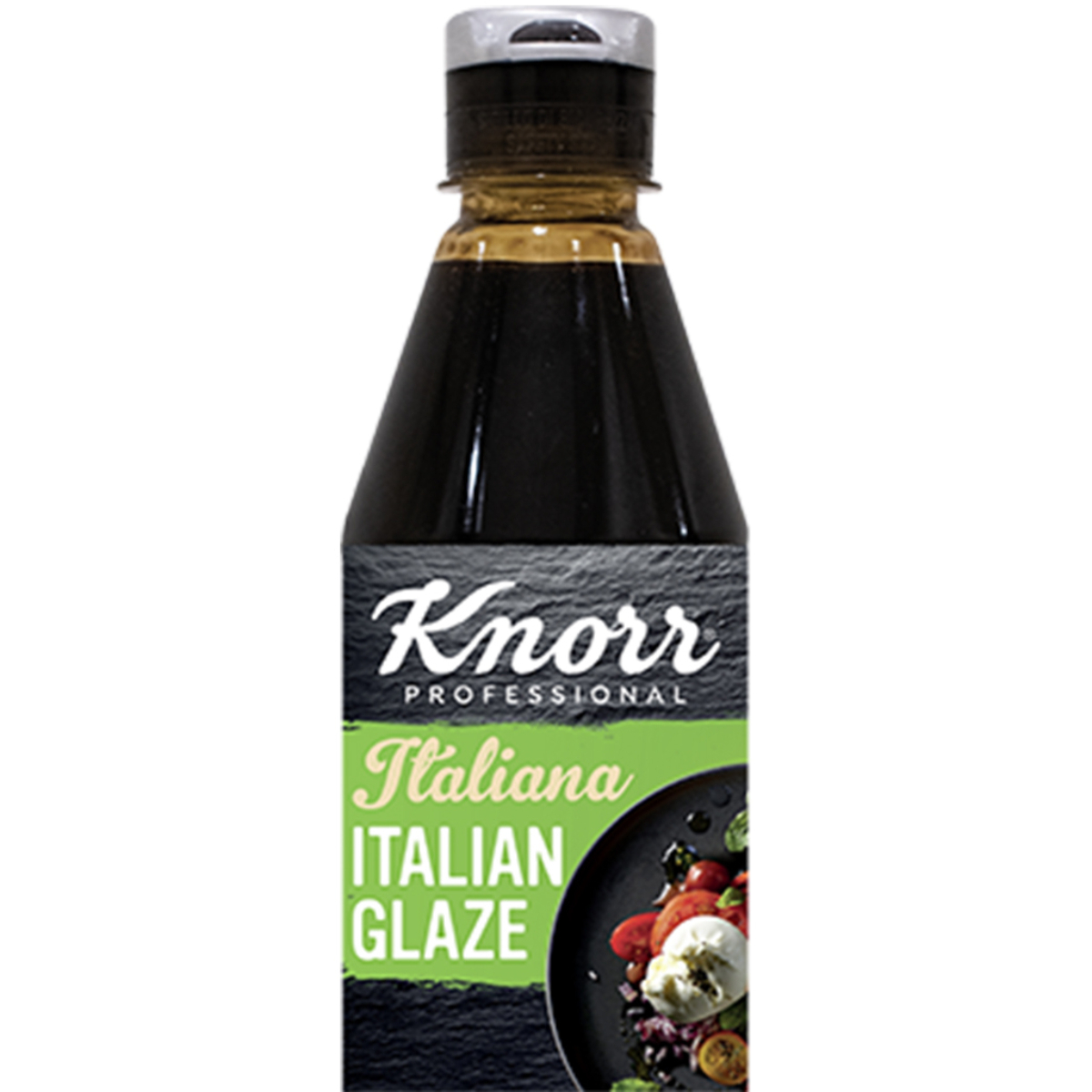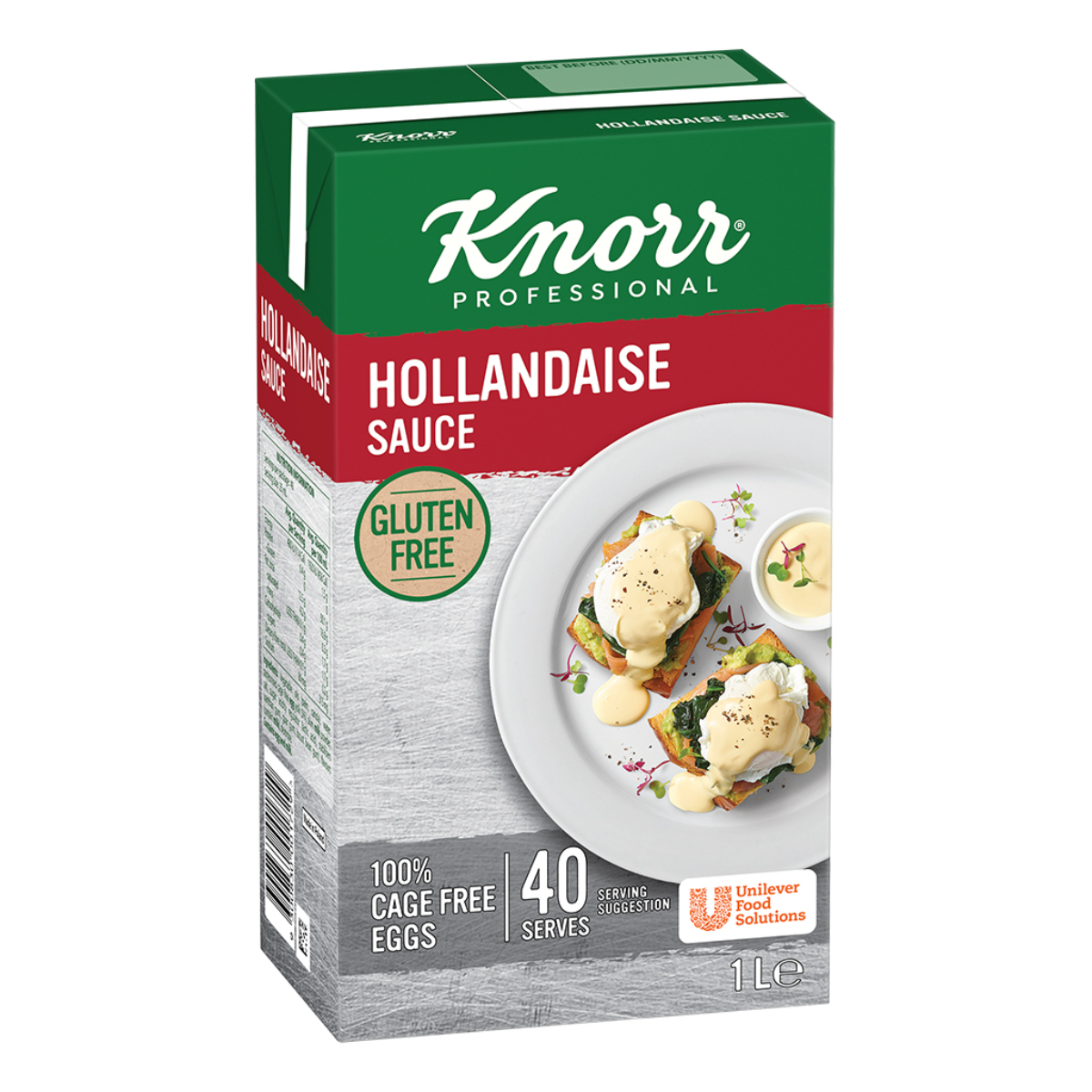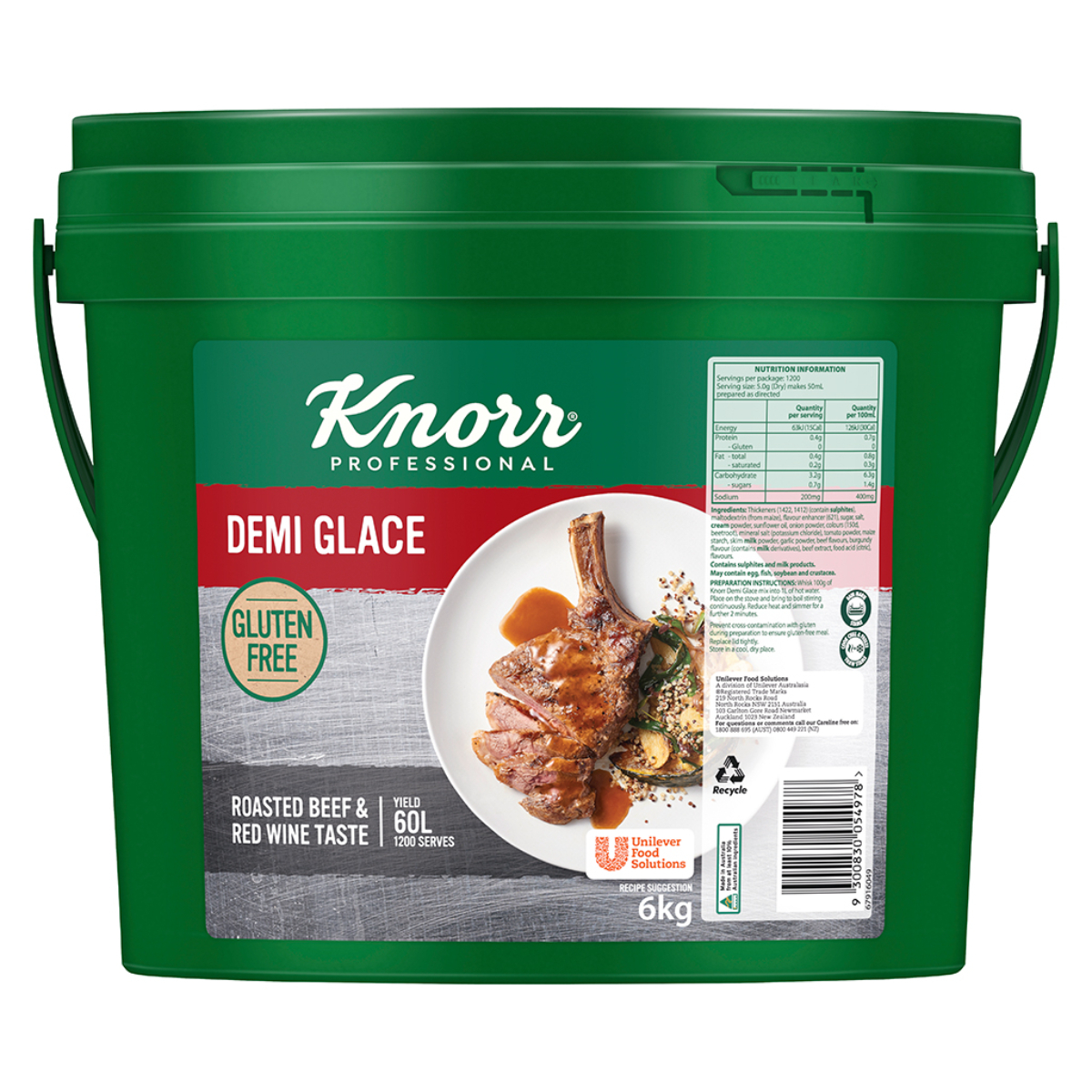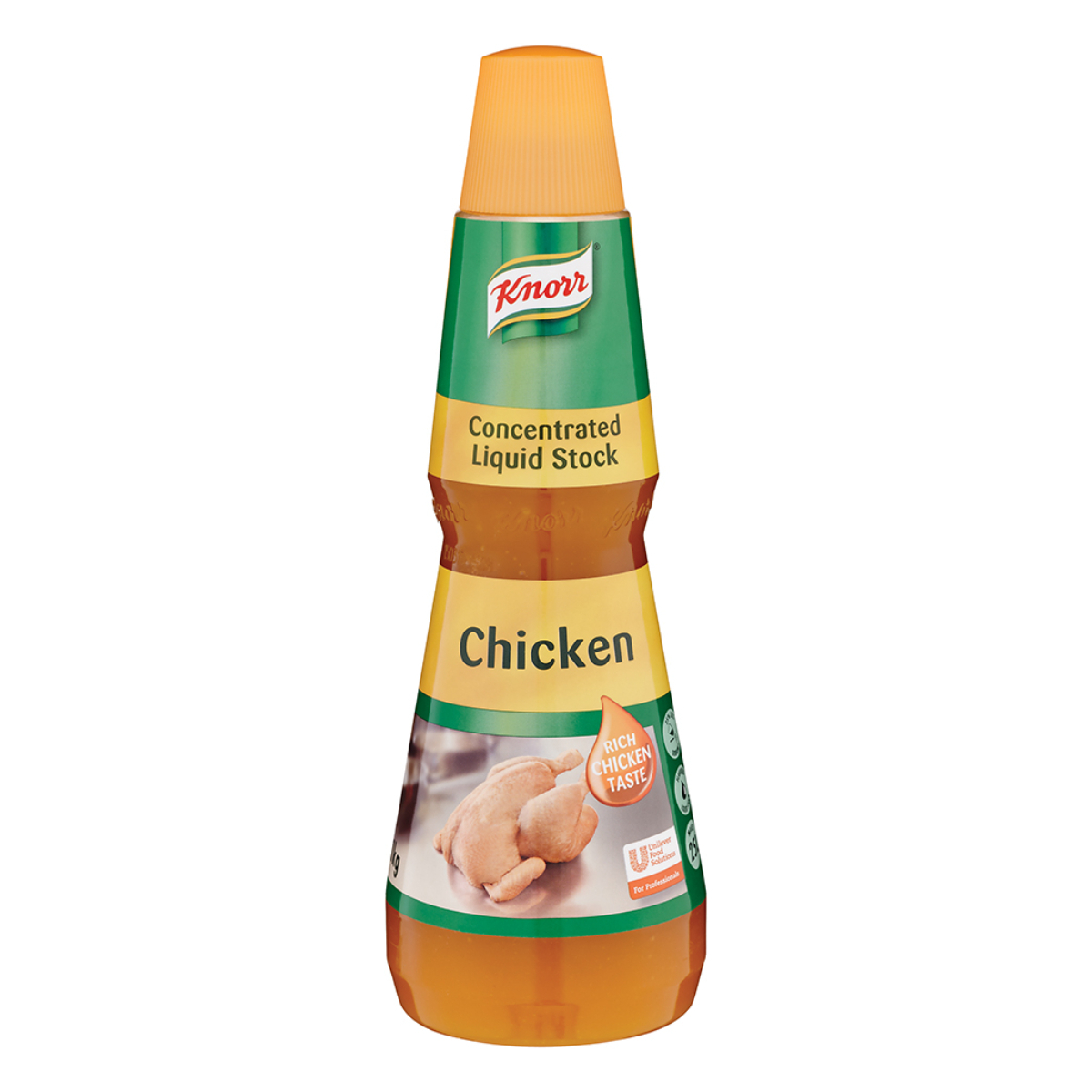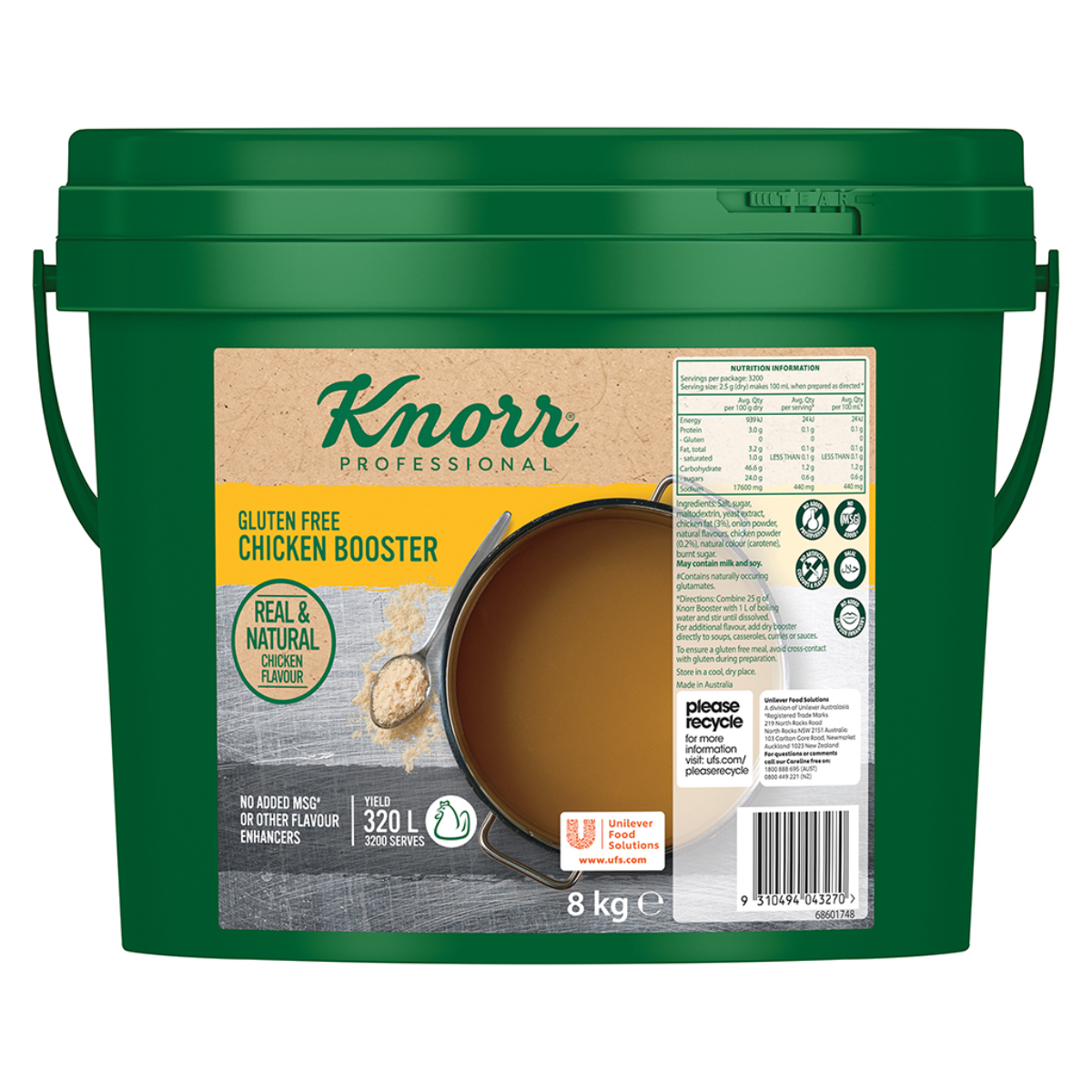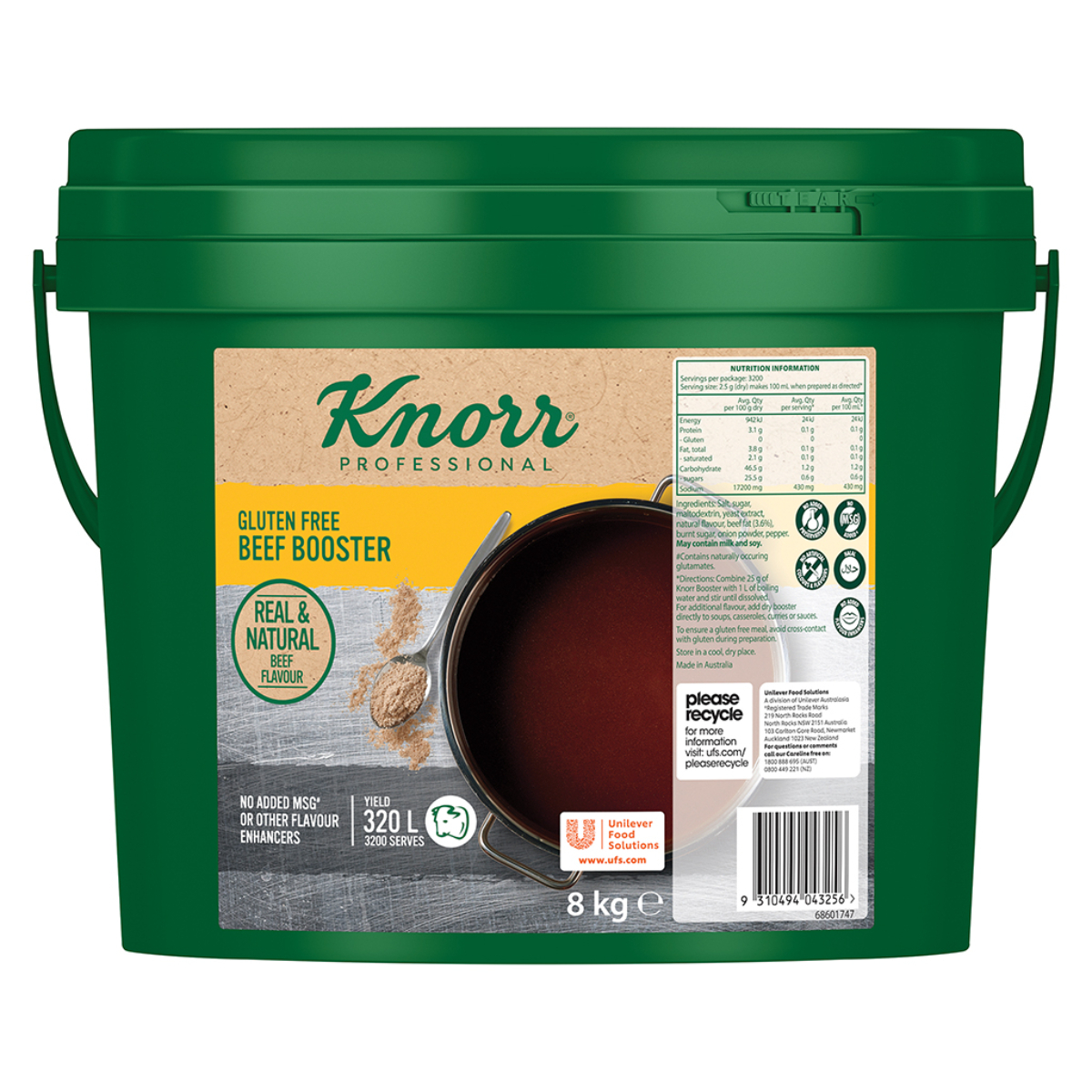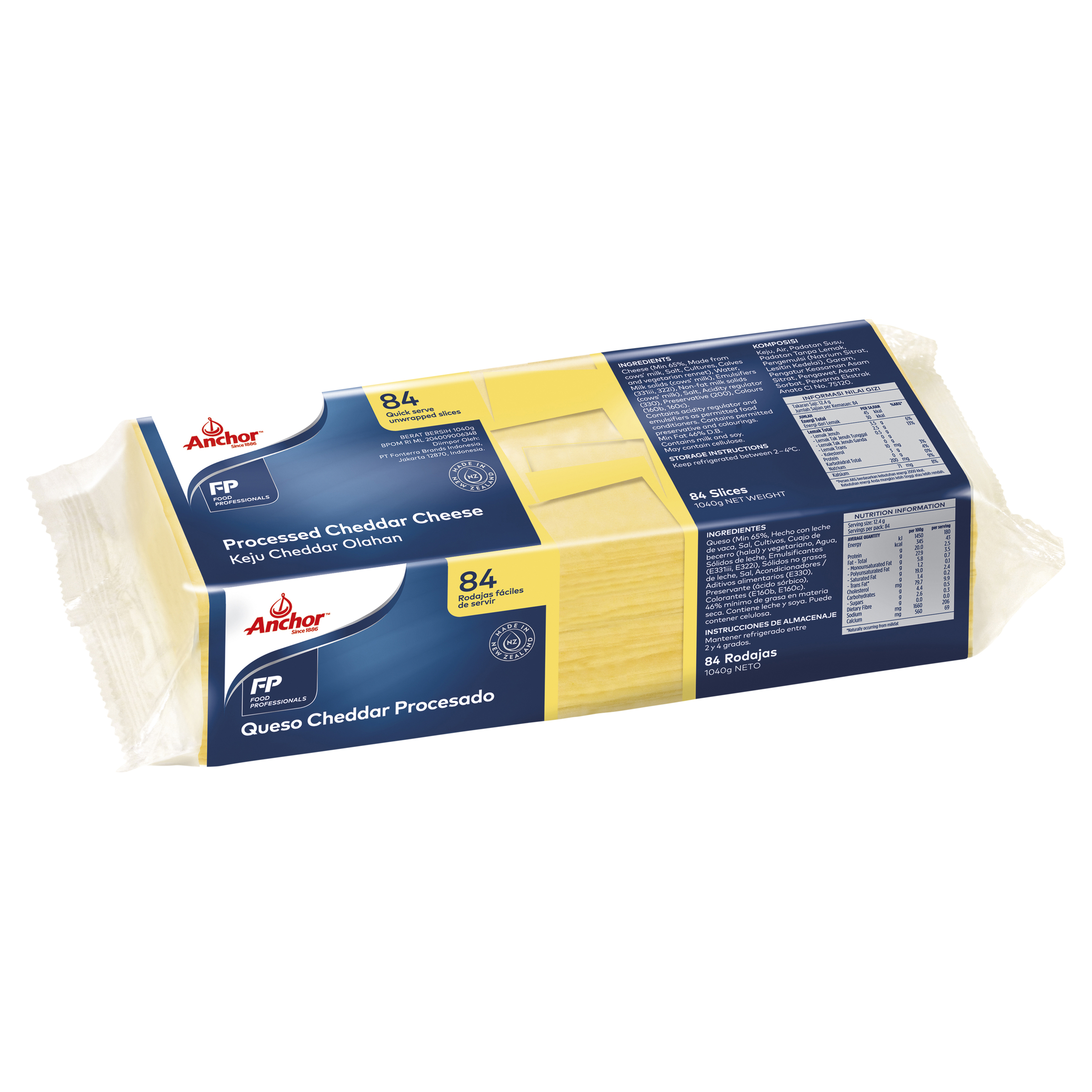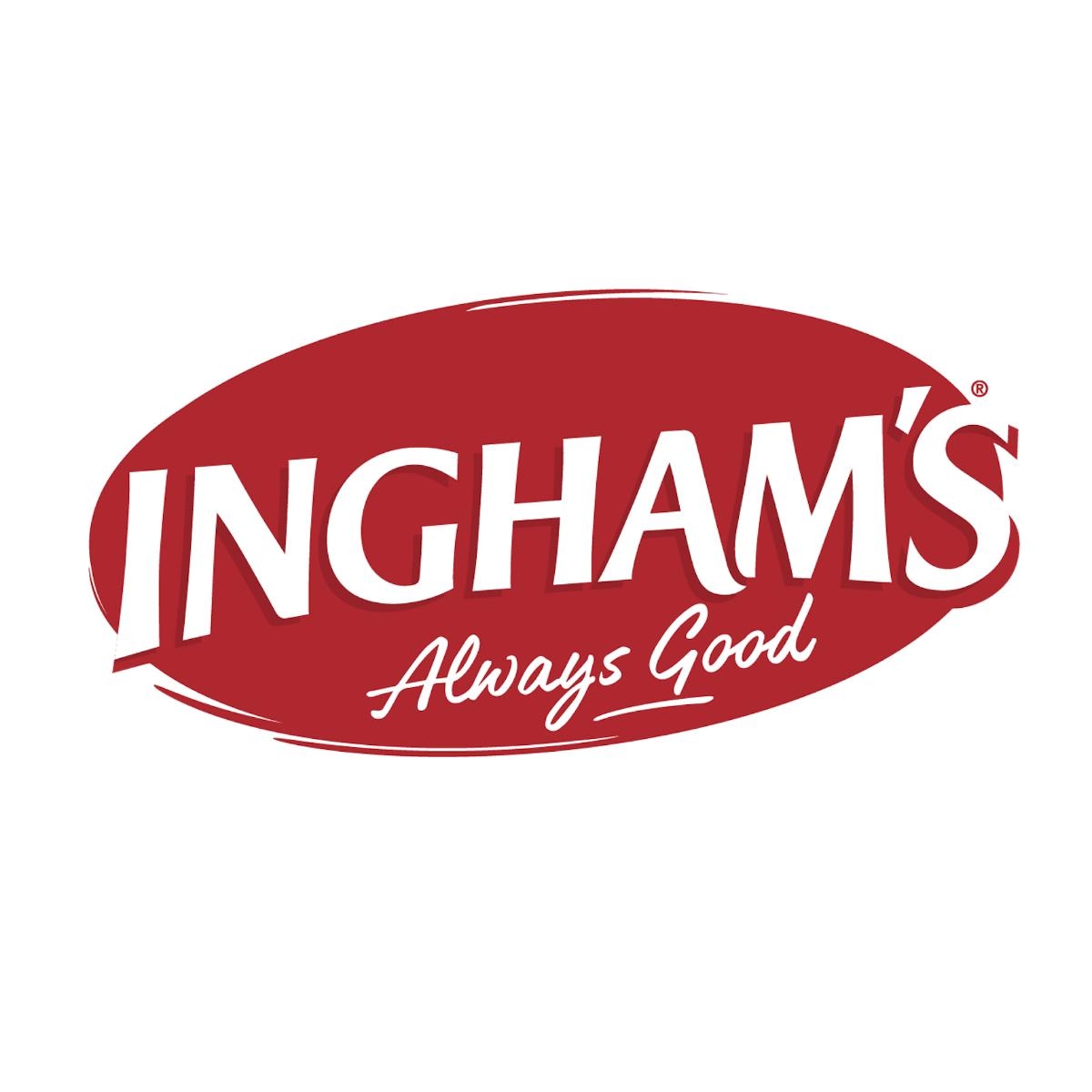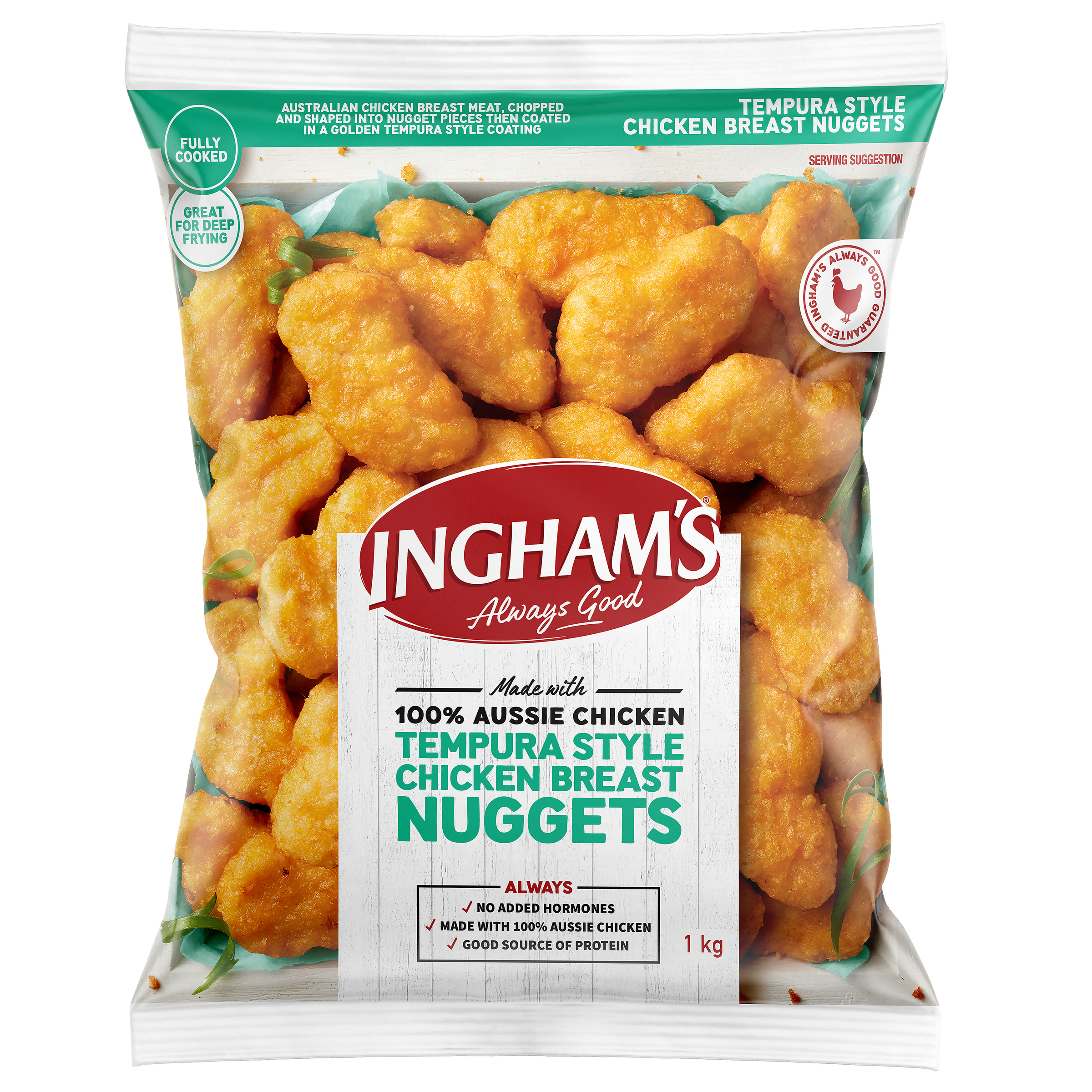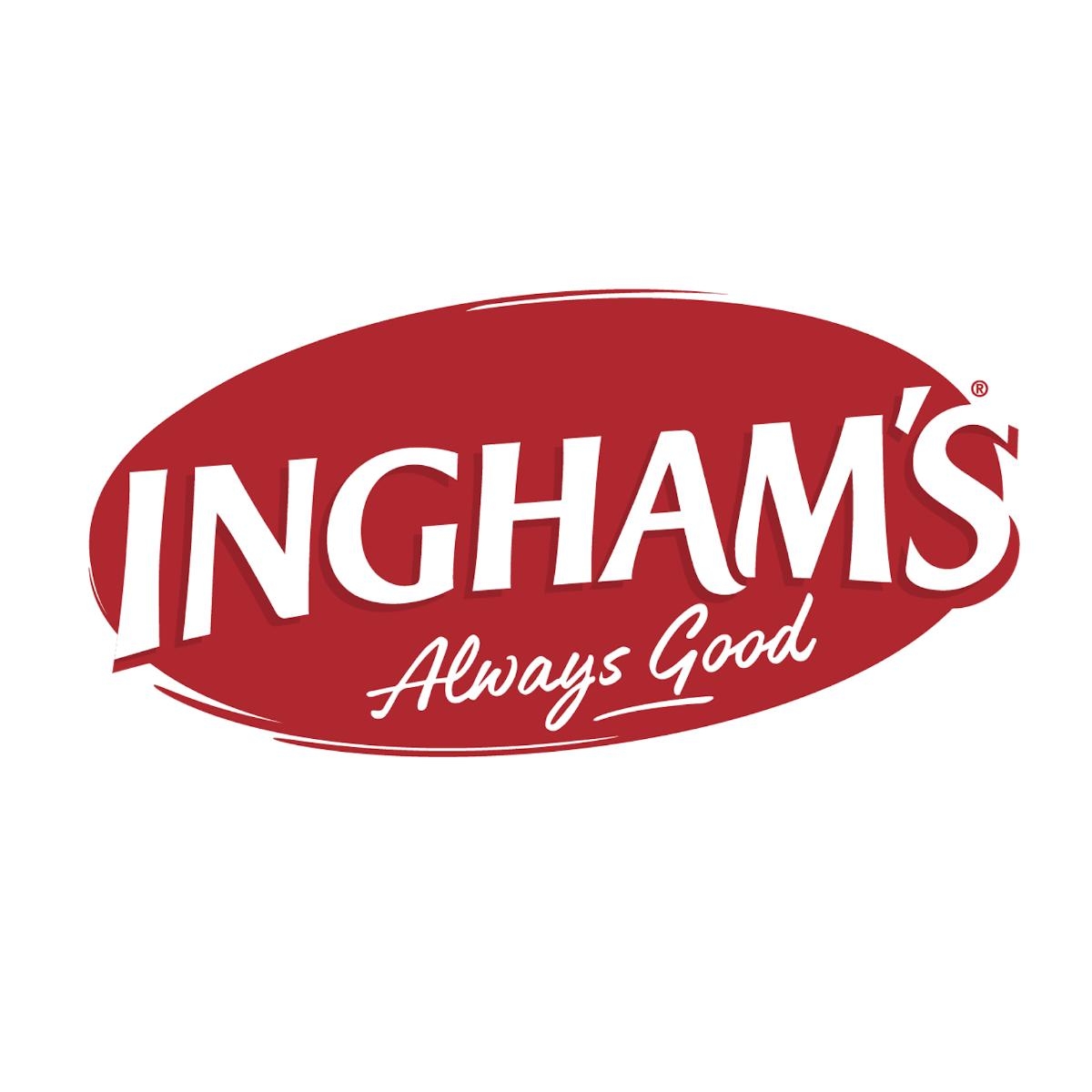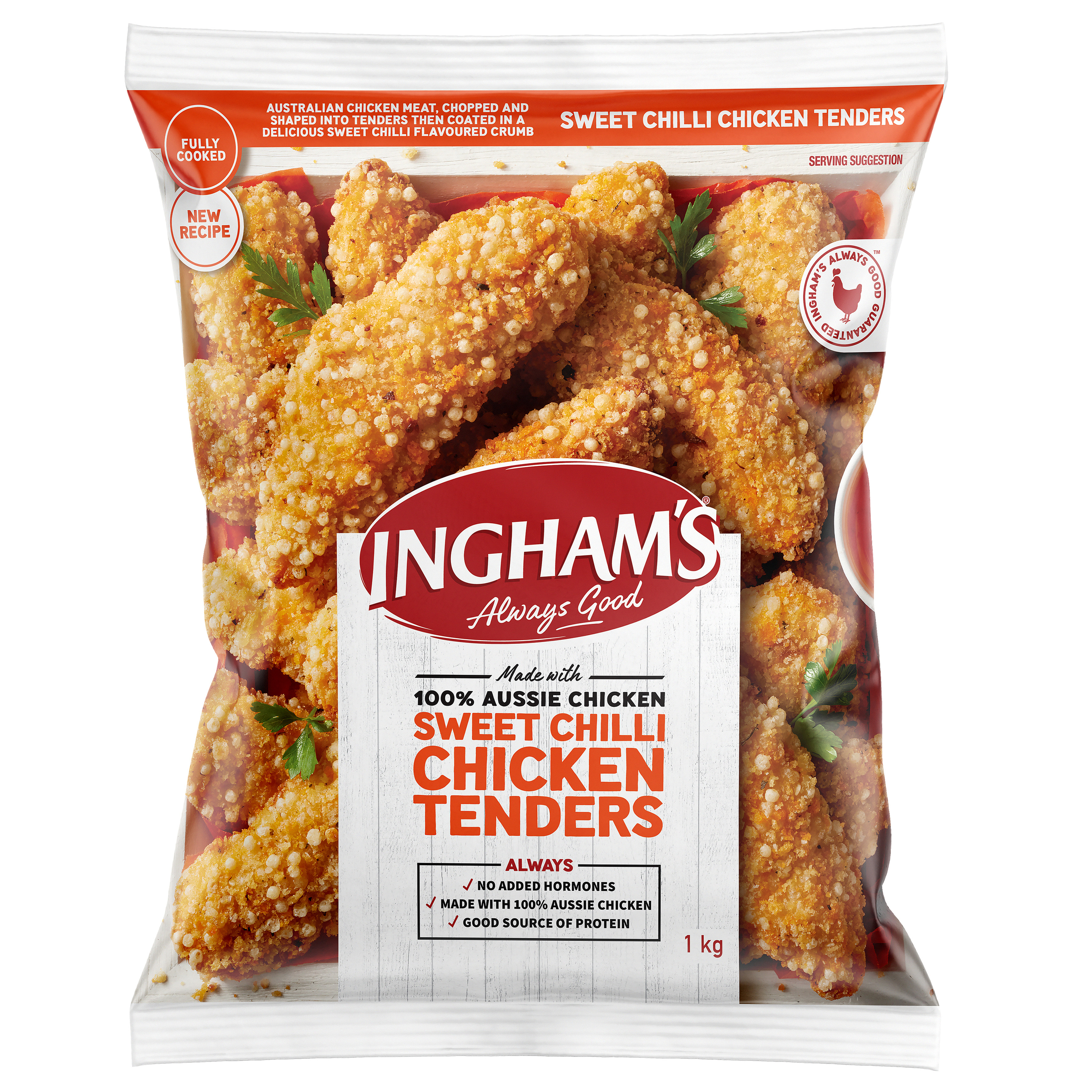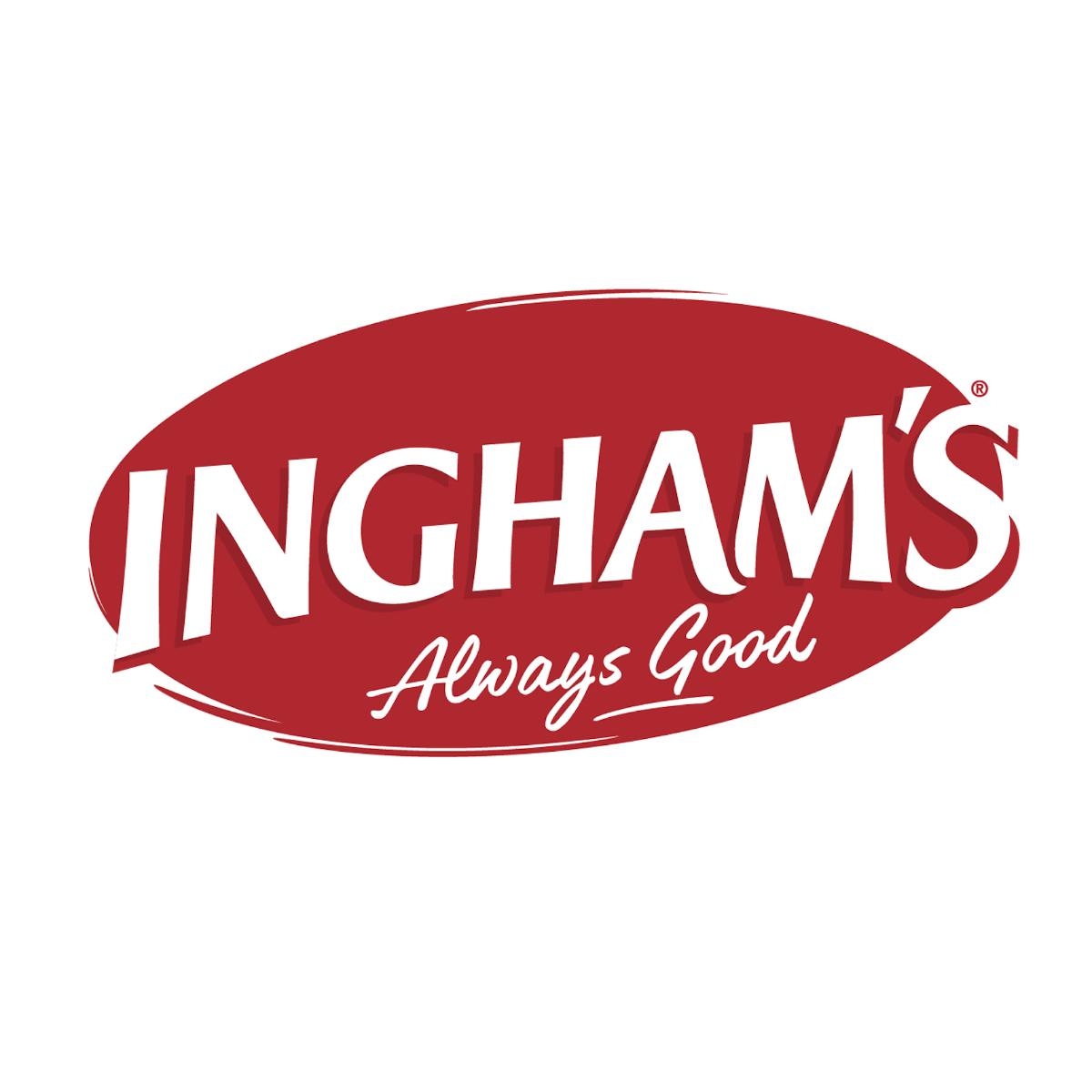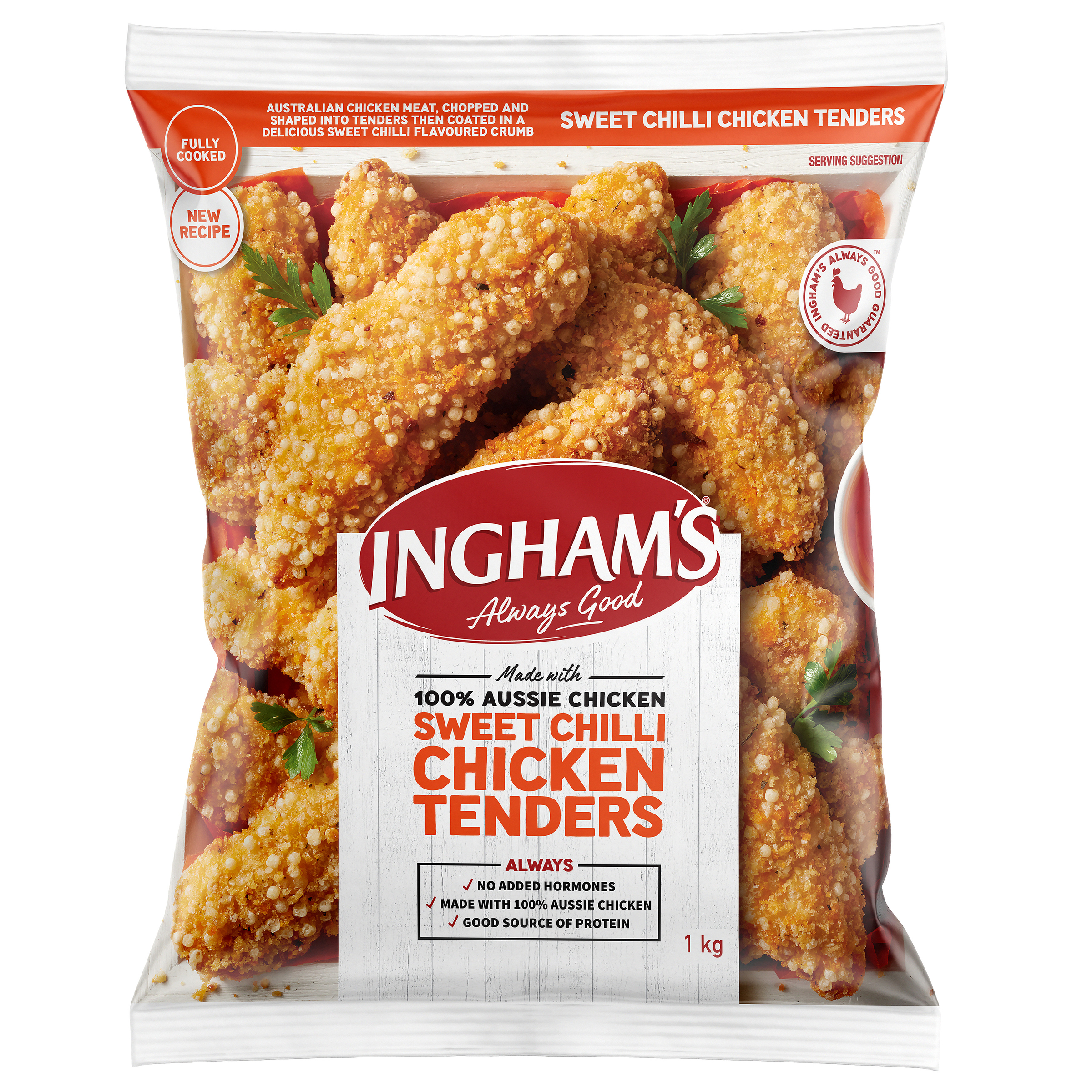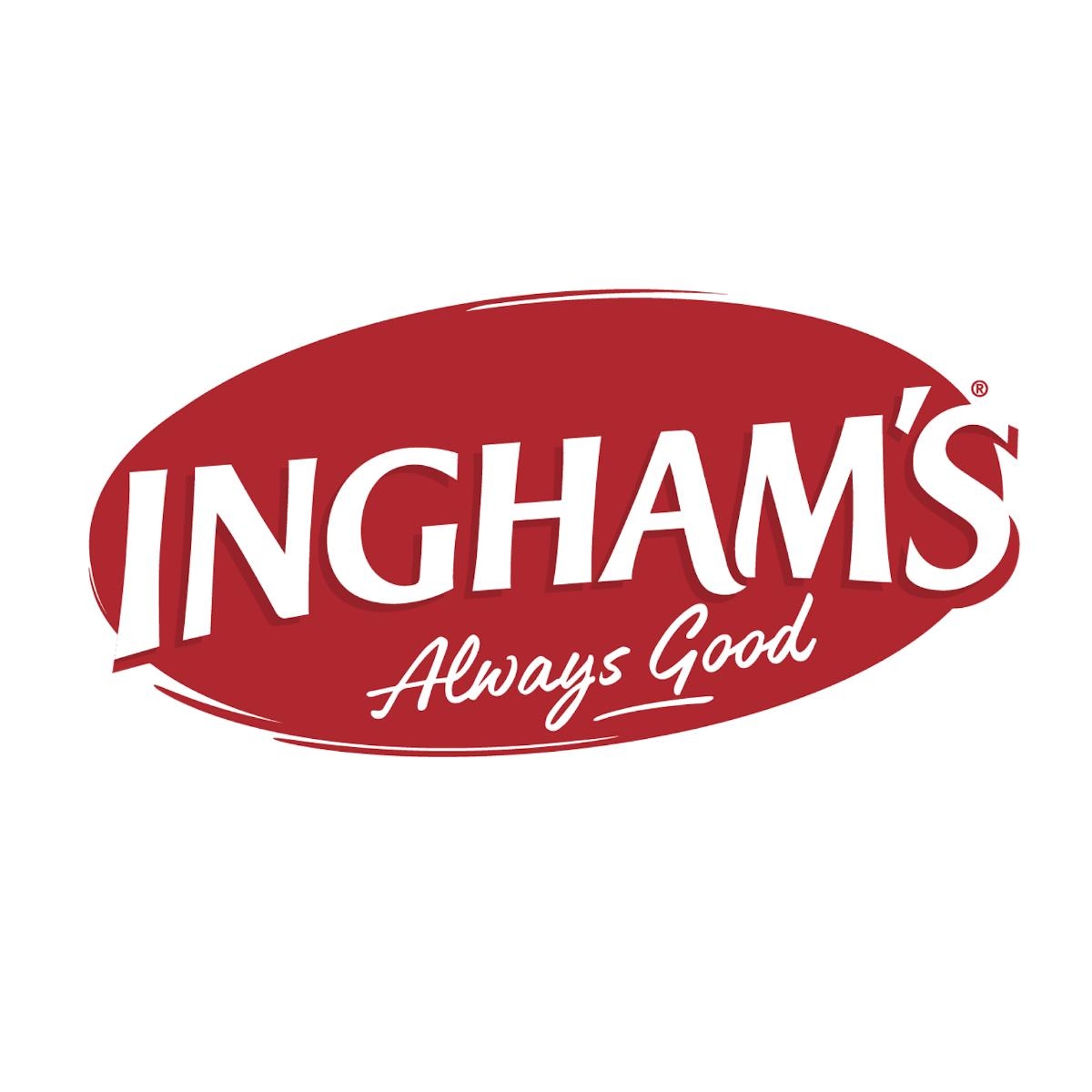The pandemic had an undeniable impact on our industry. With multiple lockdowns and staffing and supply-chain issues, many businesses had to adapt to survive. Today, those innovators and their businesses are thriving – thanks to lots of hard work, a little luck and a willingness to roll up their sleeves and try something new. These are their stories.
Finding your tribe: Linda Thai, Owner of Buttalicious
When the pandemic hit, many food-service businesses found themselves scaling down or shuttering completely. The persistent lockdowns proved too overwhelming for some to overcome, and Australians’ individualistic tendencies did not help the feeling of isolation.
For Linda Thai, however, it was finding her tribe that gave her the support to turn her pandemic hobby of learning to make Portuguese tarts off the internet into a thriving business.
“I was looking for something to do once my kids started school,” she explains. “A long-term family friend shared that she started her business when her kids went to school and suggested that I do the same. She placed an order for five dozen tarts for her daughter’s 18th that day and I said yes.”
Thai woke the next morning to a stream of orders on her personal social media page. Although she accurately identified that a huge swathe of western Sydney wasn’t getting their inner-city pastry fix because of the 5km lockdown radius, she credits her success to support and encouragement from her community. Support that would’ve been invisible, had she not been open about sharing her story and struggles.
“There are so many people behind you, supporting you,” she says. “Sometimes you just have to share your story with them and build connections. Everyone’s running their own race, but you all come together in the end”.
It’s with this openness that Thai has grown her hobby from a pandemic pastime to a fulfilling career. “I love talking to people,” she enthuses. “You meet people along the way who push you to be better than you were yesterday.”
Thai has just made the move to only taking large catering orders for her tarts due to their popularity and is looking to add team members to expand her operation.
“I’d love to have someone to do this together, and give me their opinions along the way,” she adds. Thai is hopeful that she can add croissants to her list of offerings, and even conduct workshops on how to make pastry.
“Ideas just flow when you share a story and journey of your own. I wouldn’t be able to run this business if I didn’t have friends in the industry sharing what they’ve learnt.”
Diving right in: Dylan Nguyen and Dave Le, Co-owners of Saigon Brew
Since launching less than a year ago, Saigon Brew has not only started selling and shipping their coffee direct to consumers online but is also stocked in independent grocers in Sydney and Queensland, competing with the likes of Starbucks, Suntory and Nestle. But what made them step into the aftermath of COVID, where the struggles of the food industry are thought to have a more lasting impact than anyone foresaw?
“Opportunity waits for no one. Sometimes you have to take things by the reins and run with it,” says co-founder Dylan Nguyen. “We felt like we were on to a good idea and COVID gave us the spare time to work on the business.”
Inspired by the significance of Vietnamese coffee in their culture and fueled by Australia’s love for coffee, they set out to create a range of Vietnamese coffee-inspired beverages that would captivate the taste buds of coffee enthusiasts.
Once they saved up a few months running capital under their belt, Nguyen and Le quit their day jobs to launch their product into the market. “We could’ve waited for a better time, but there was no point in waiting just to eat out of our starting capital,” says Nguyen.
Their strategy paid off. Today, both Nguyen and Le have expanded their operations to include a salesperson and are focussed on building a hyper-local following with the aim of being stocked by national grocery chains.
“Our medium-term objective is to take it to the next level with retailers,” Nguyen enthuses. “The goal is to be on shelves at Woolworths, Coles and petrol stations.”
With many small businesses not seeing a profit for up to three years, Saigon Brew has been in the black since their first month of launch, a testament to their approach of jumping in with both feet.
“When you start a business and plan too much you can get analysis paralysis. Sometimes you just have to start.”
Back to basics: Hiro Noda, Owner of NODAYA Dining Bar
While growth is an obvious answer for many businesses that are faced with rising costs, there may be some merit to downsizing.
Hiro Noda of Nodaya, a whisky bar and restaurant in Pyrmont, had originally planned to continue his successful nightclub business before the pandemic brought about crippling staffing shortages. “When I was running the nightclub, I learnt how much wages contributed to my overheads. I wanted something I can run lean and fast,” he says. The answer for Noda lay in slashing wage overheads by running a significantly smaller team.
Today, Noda is running his 30-seat whisky bar with just himself and two staff, filled with a rotating cast of local regulars who seek him out for personal recommendations. “Having a smaller bar gives me more face time with my customers – and now people return to see me,” he adds.
Despite having a loyal customer base, Noda is sure that for him, future success does not lie in expanding the business: “I want to keep being hands-on and I can’t do that with too big a business. My philosophy is to provide personalised service, so I need to keep it small.”
The crucial pivot from a pumping nightclub to a cosy whisky bar allowed him to sidestep the effect of persistent staffing shortages and create a level of work-life balance that is sought after and rare in our industry. “Some of my friends own multiple venues, but concentrating on my one restaurant also lets me take time out for my family when I need to.”

